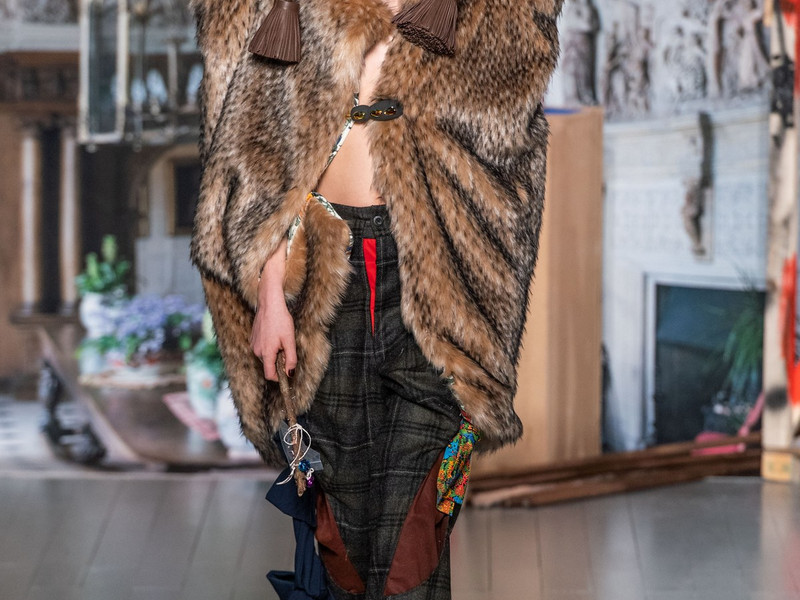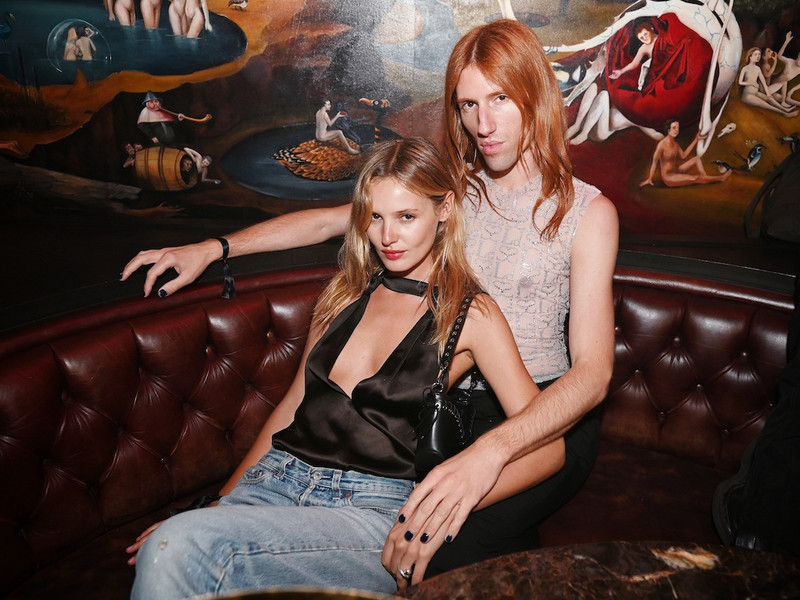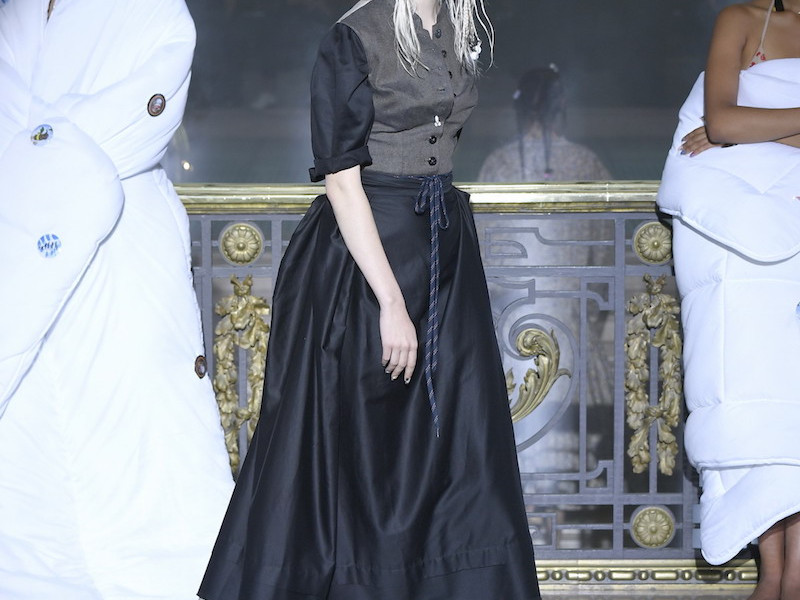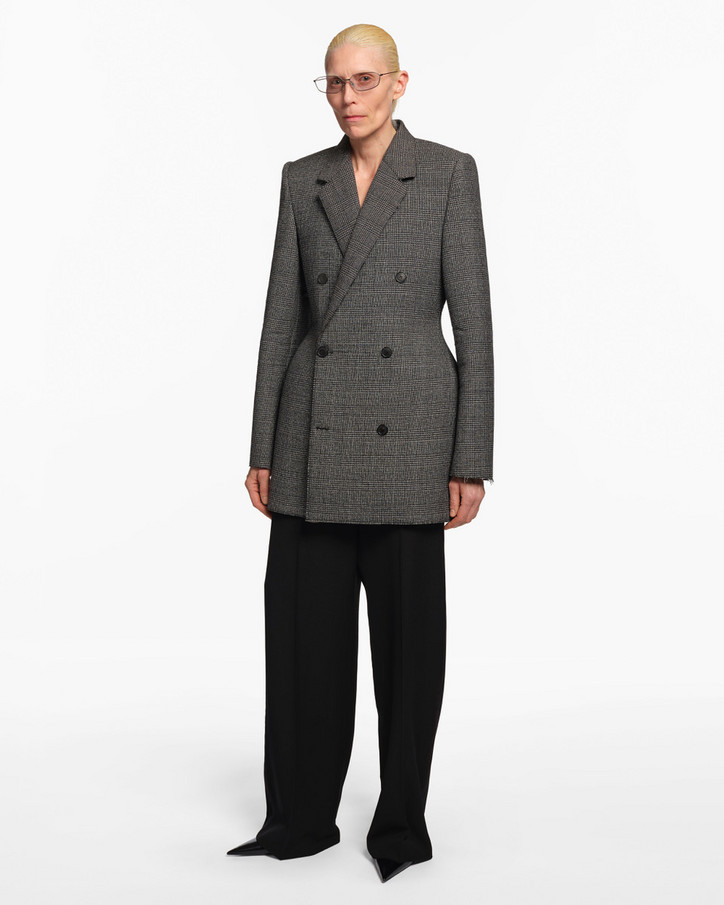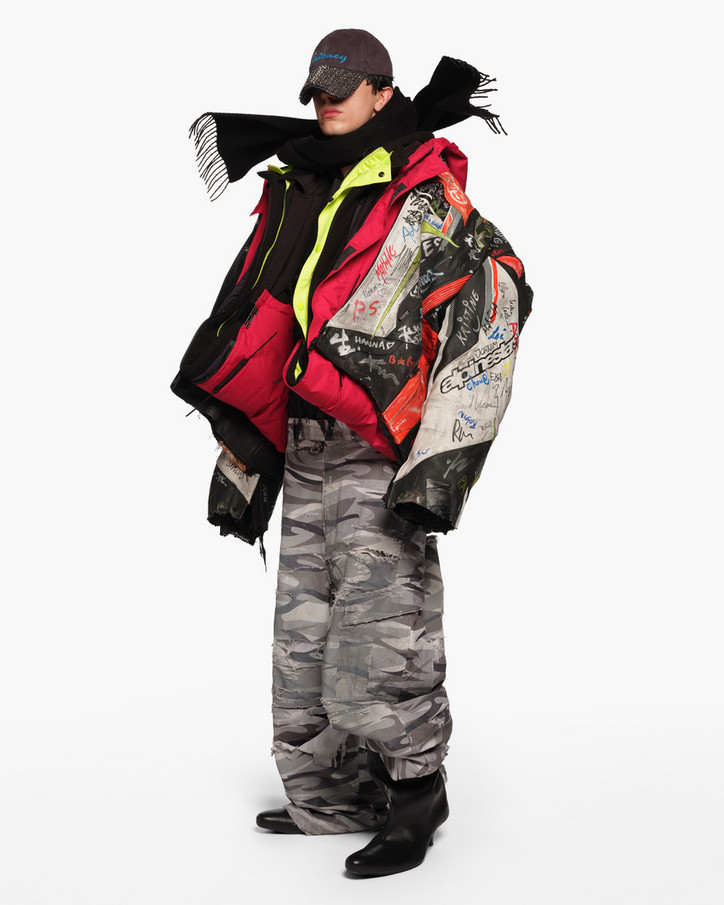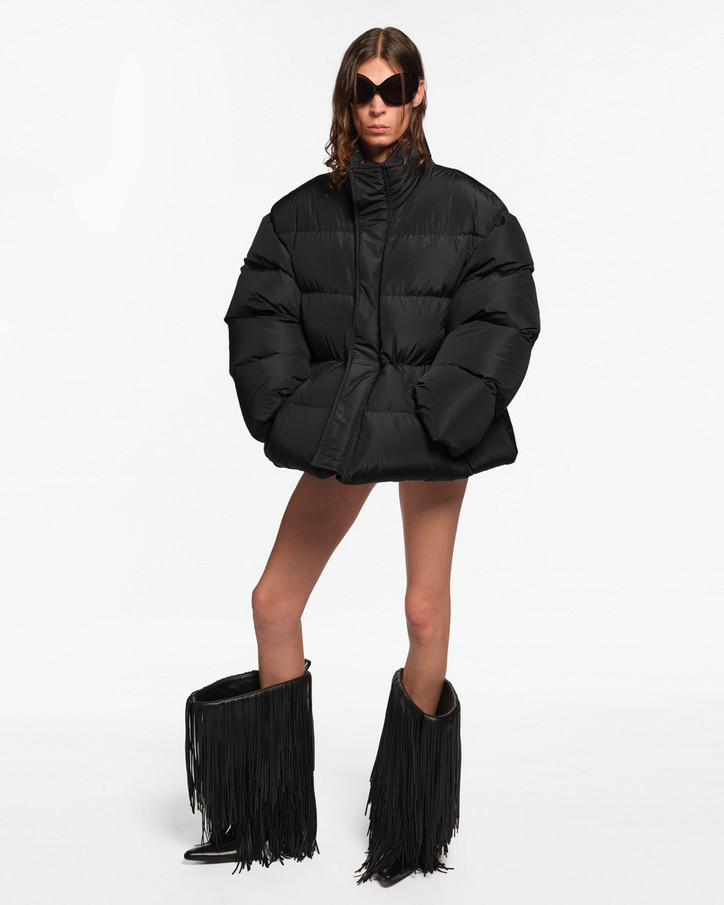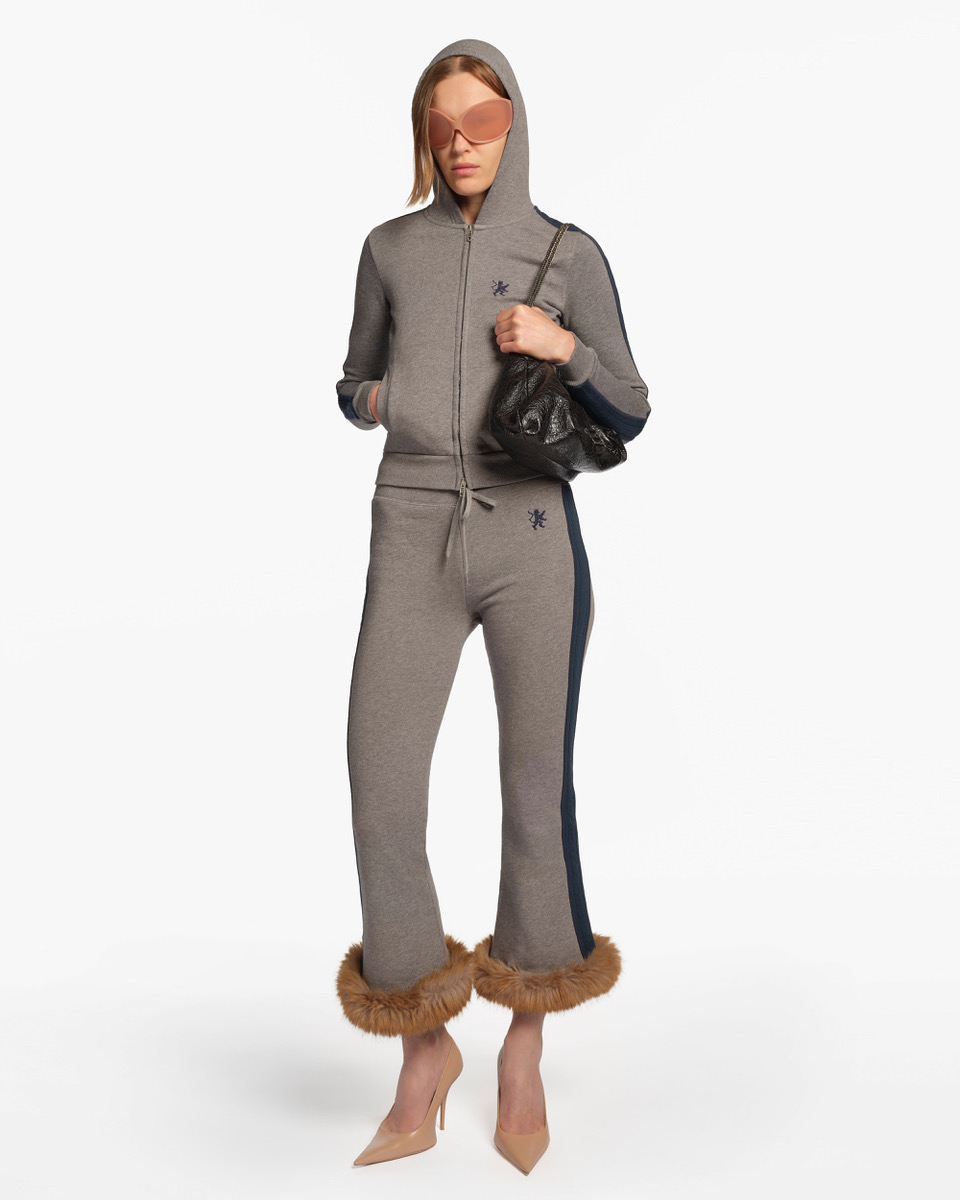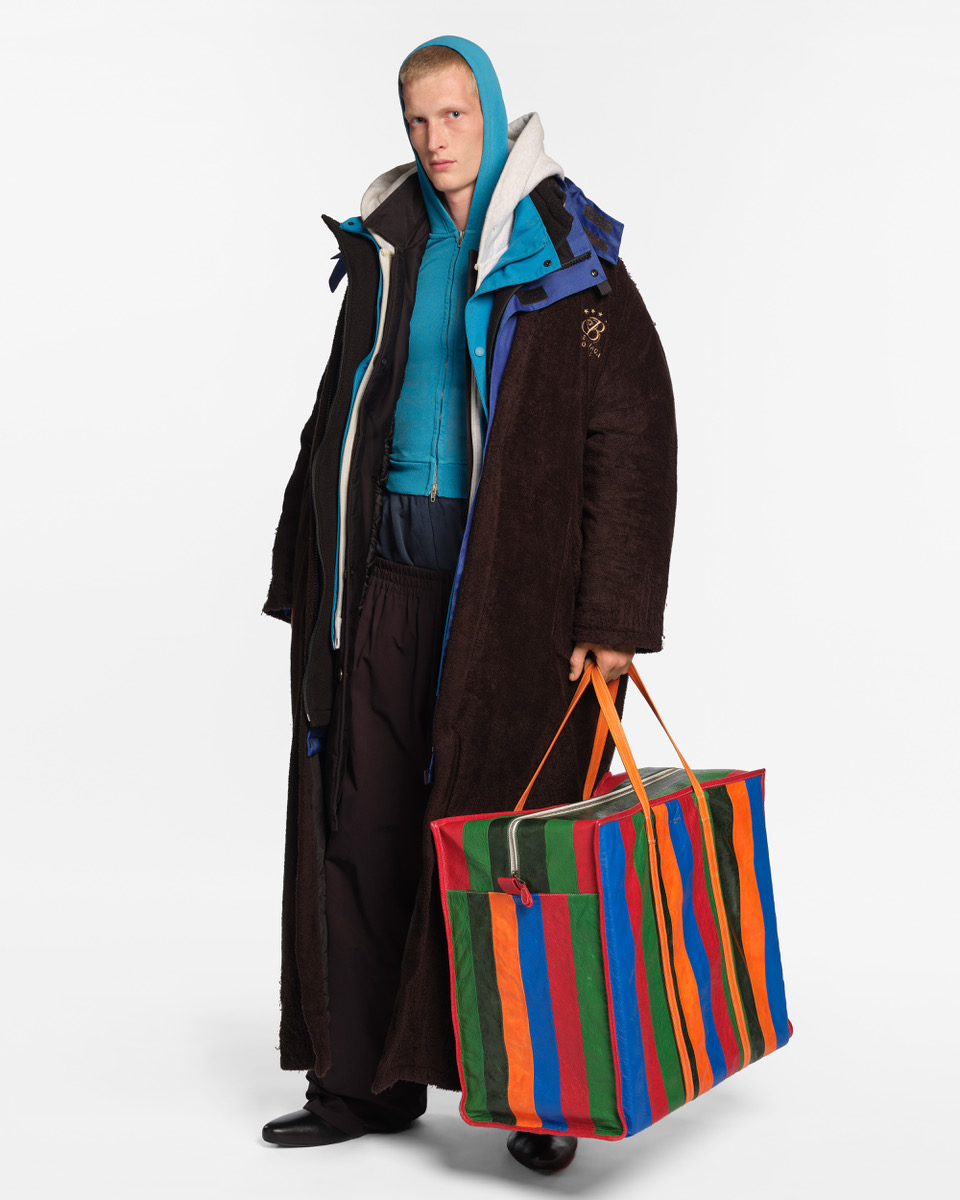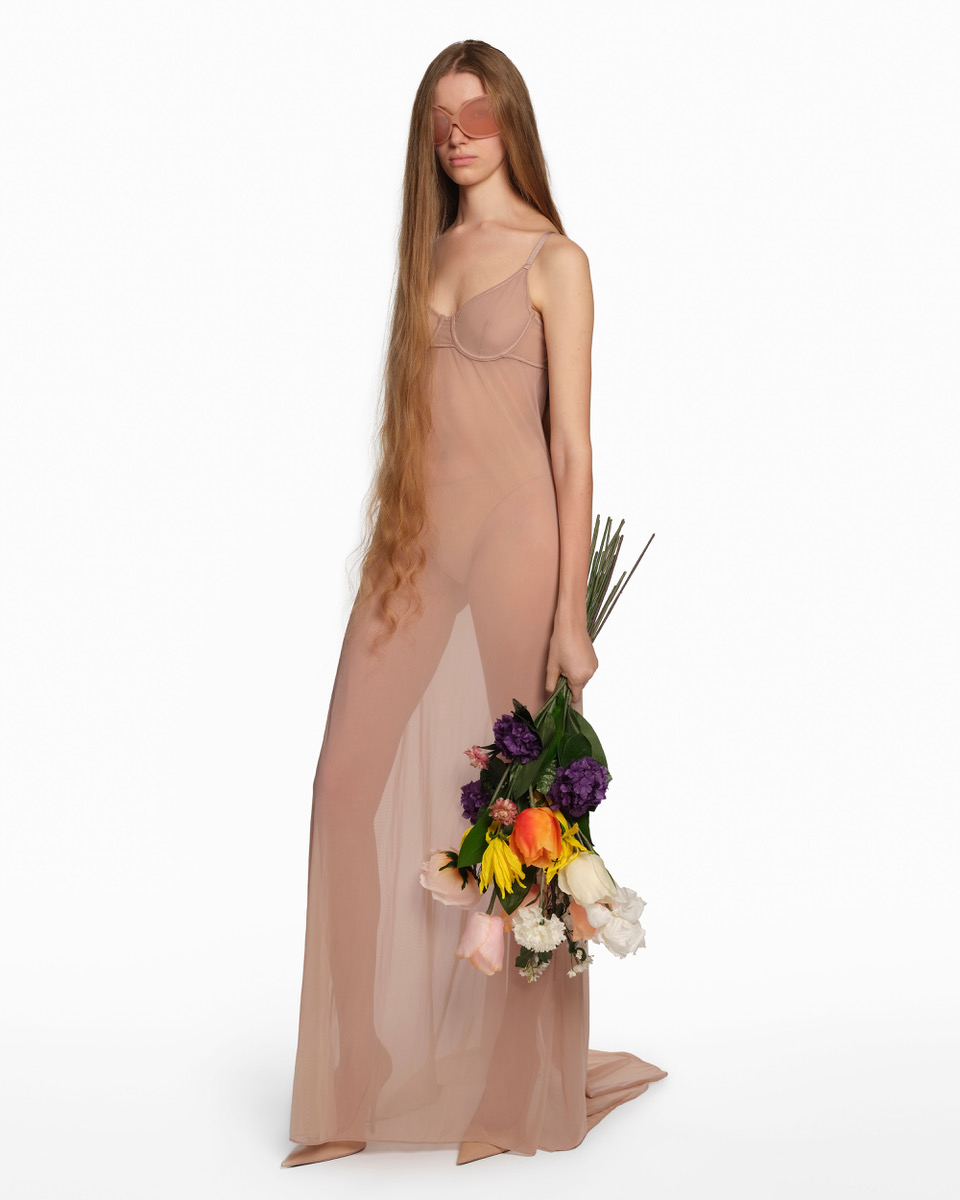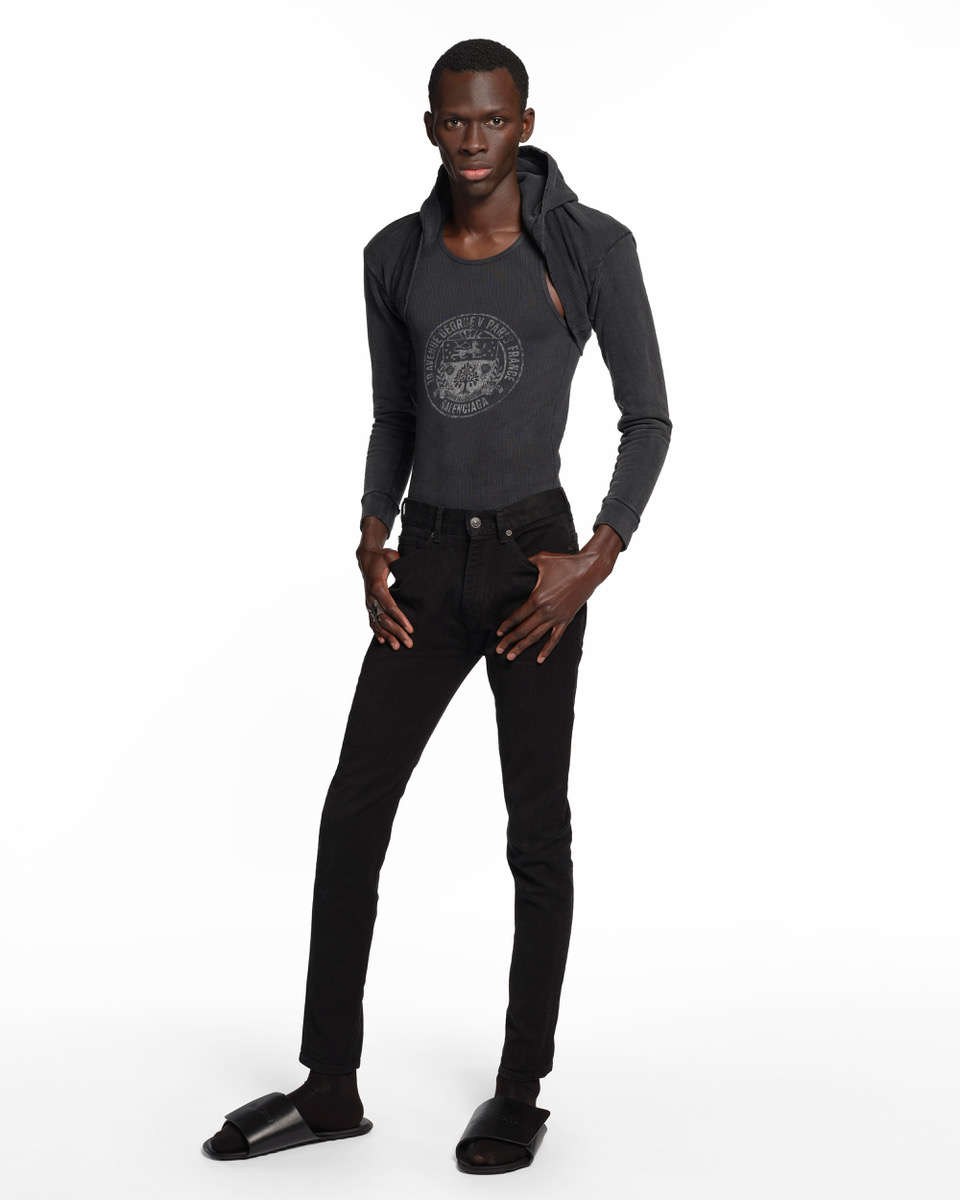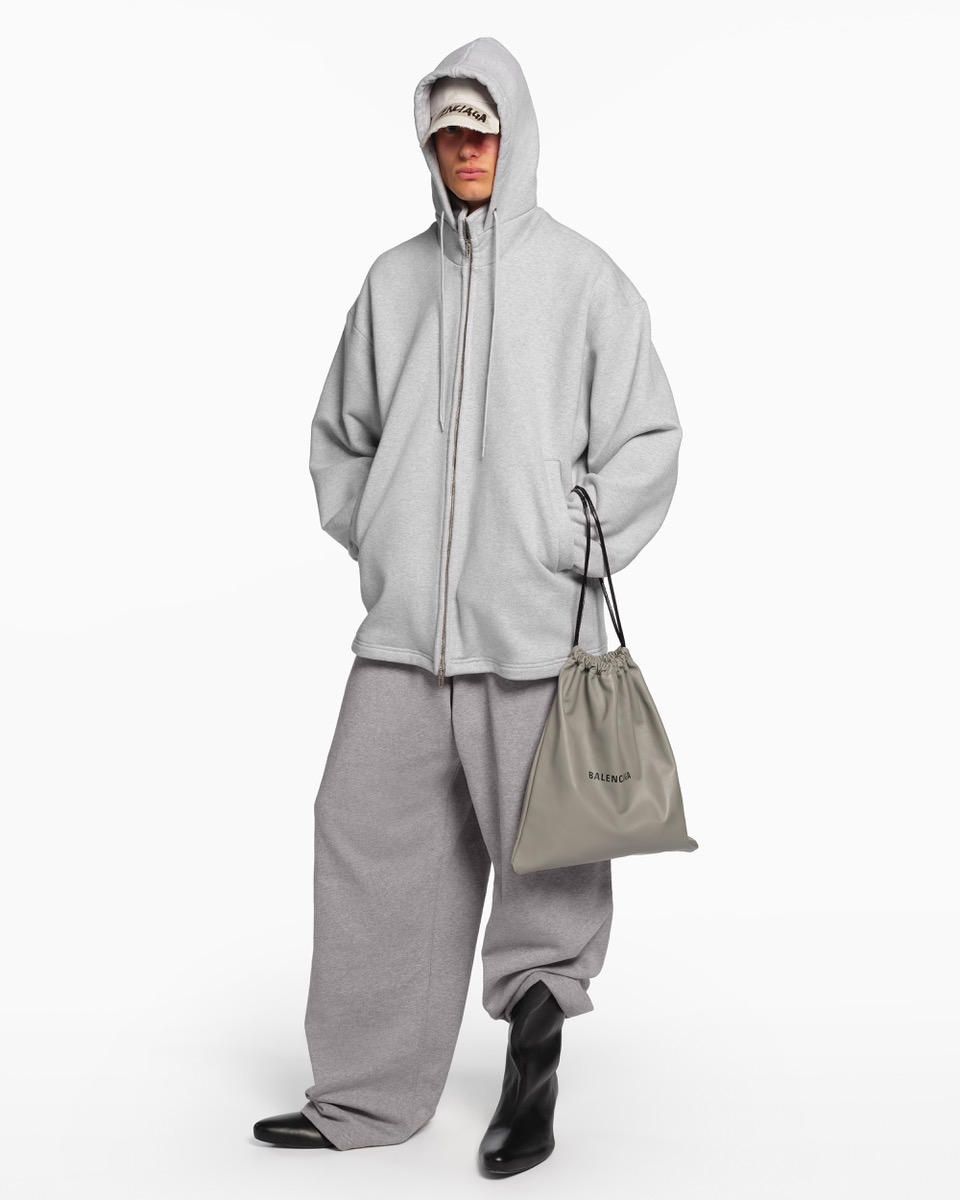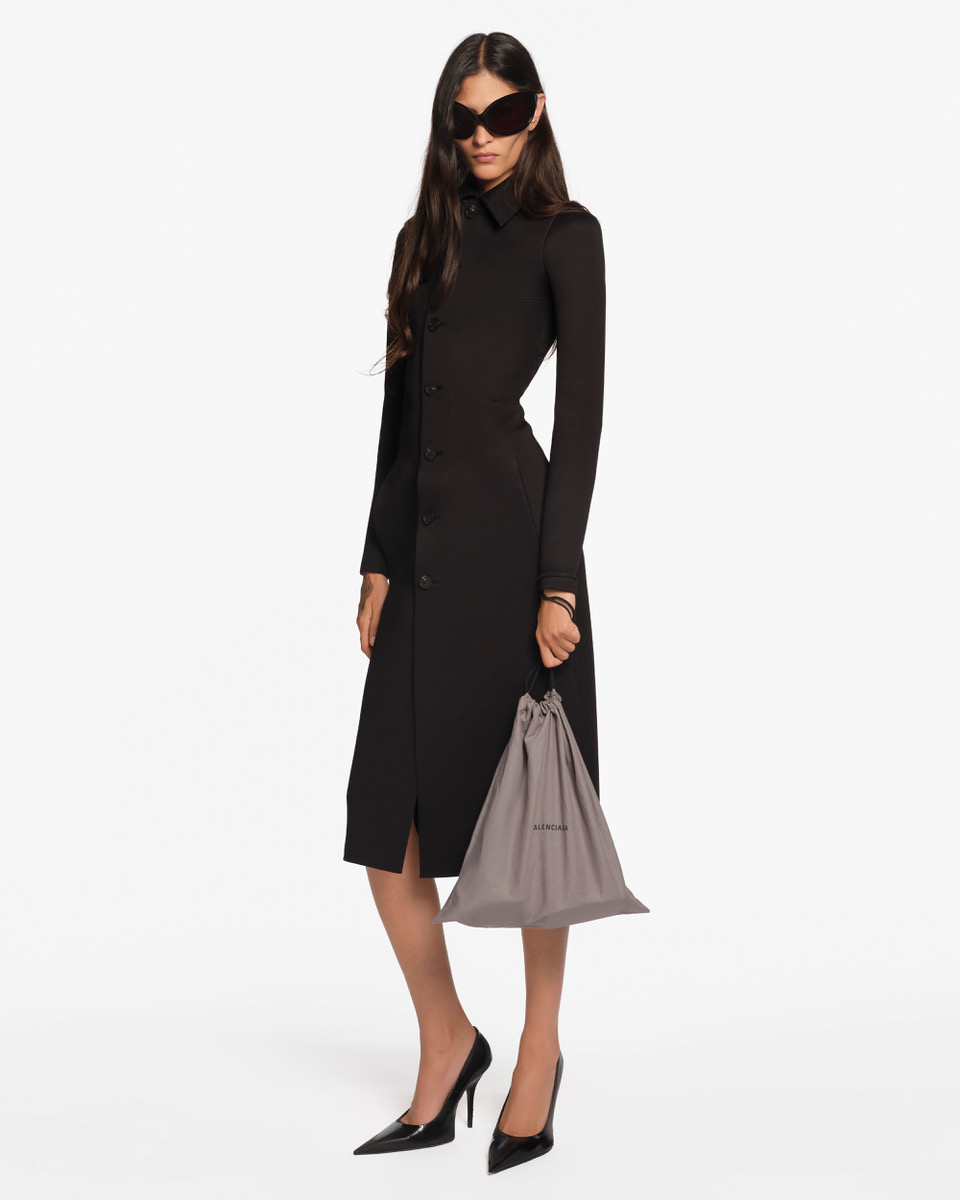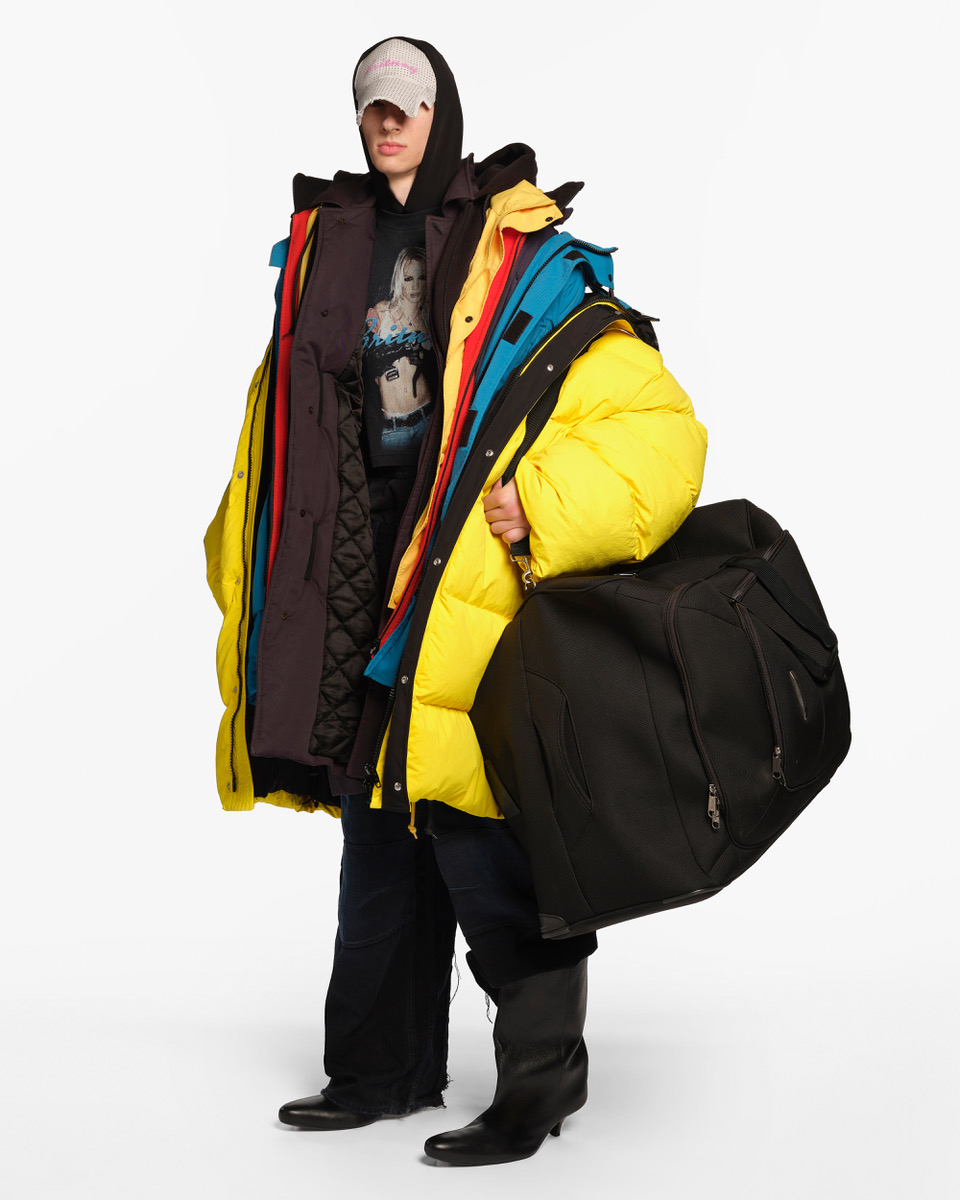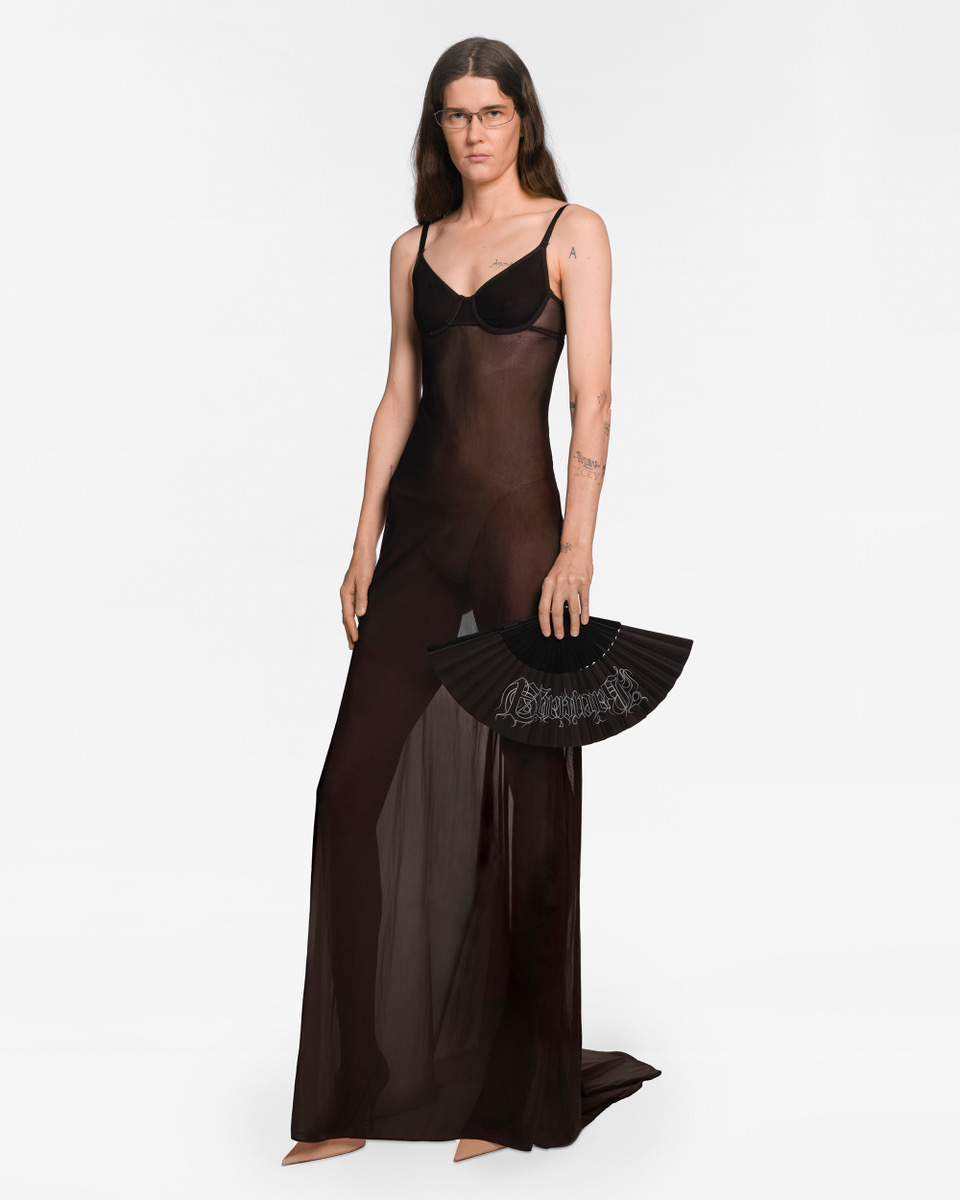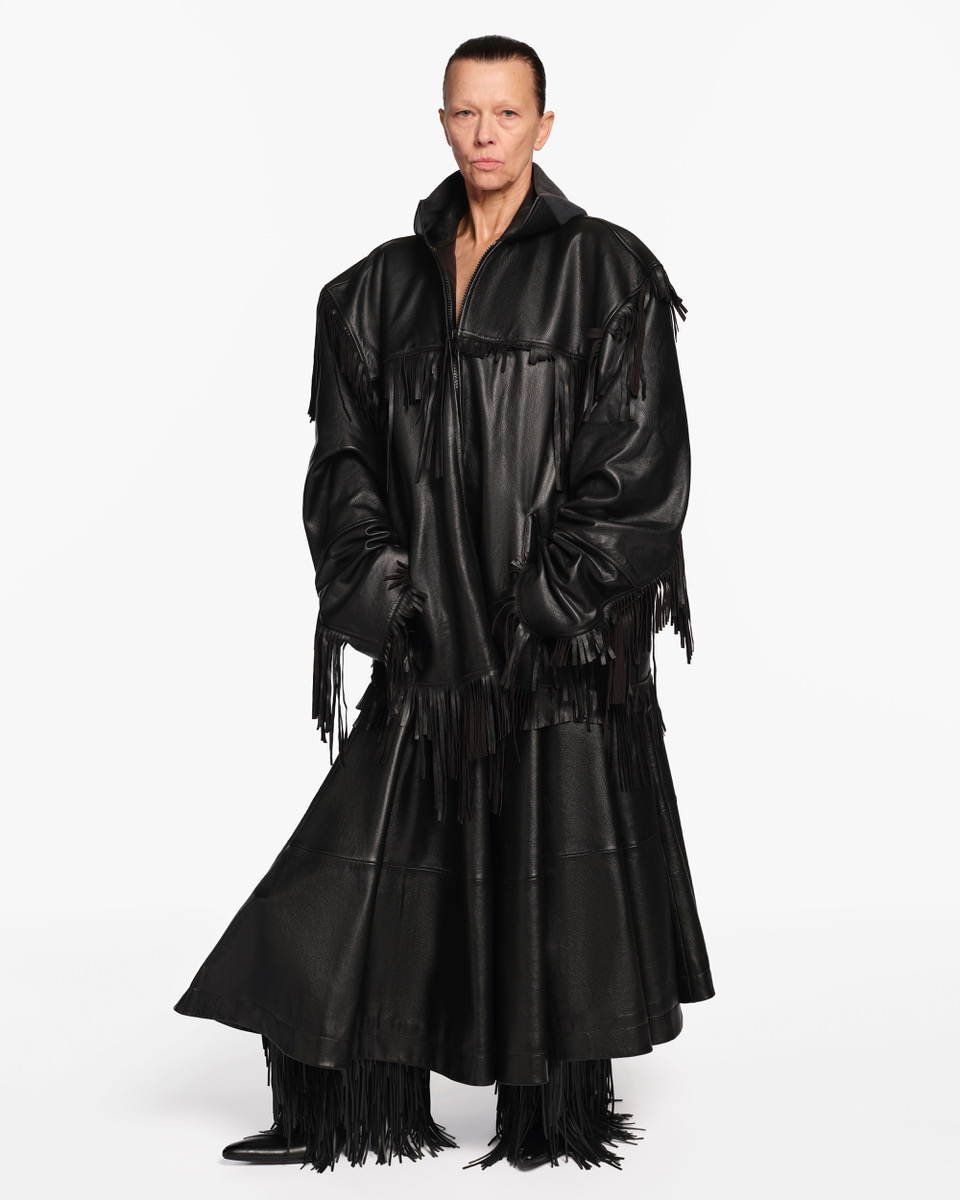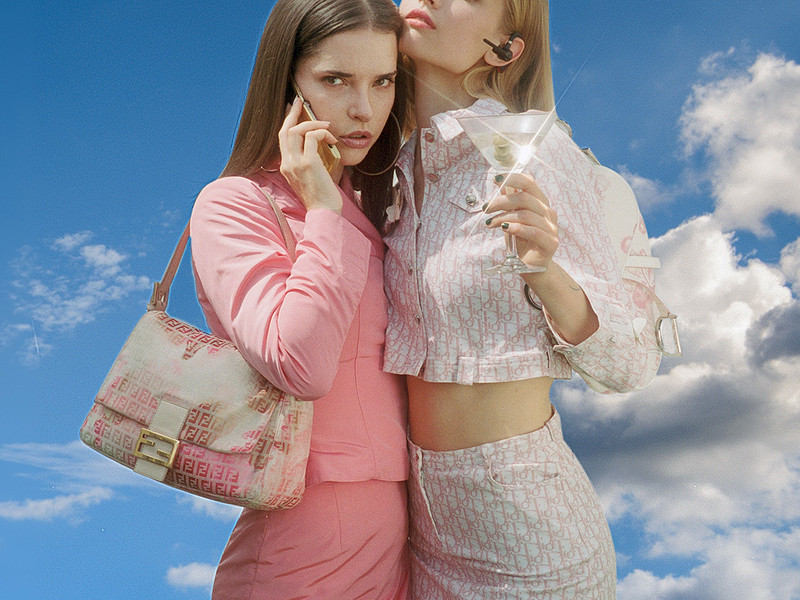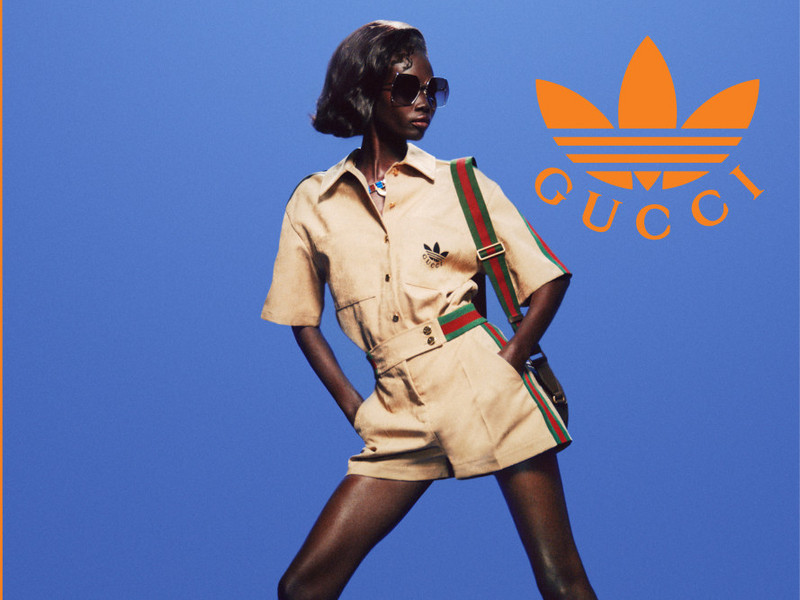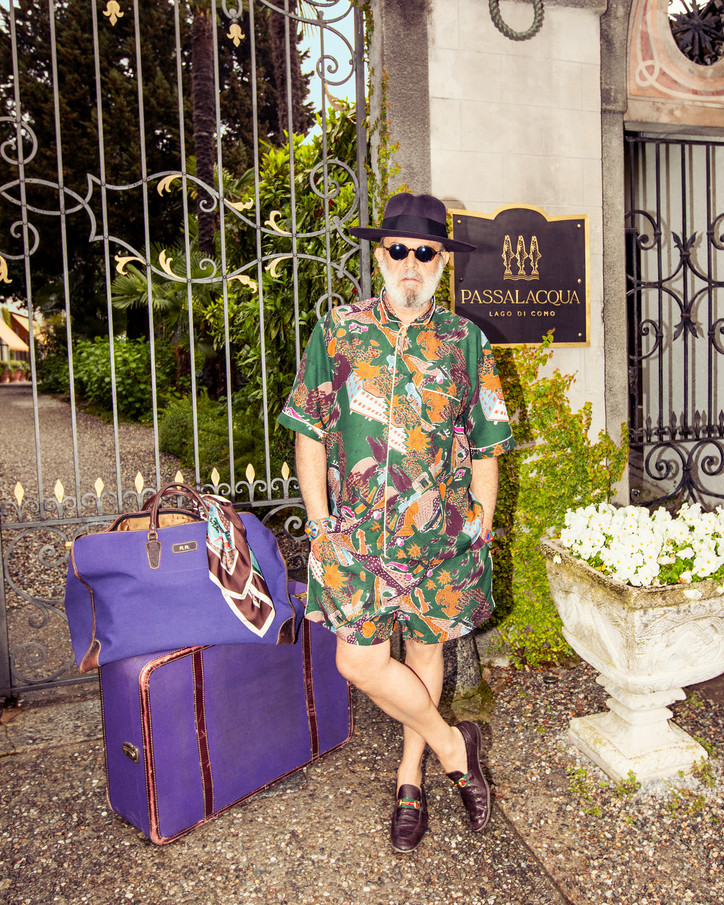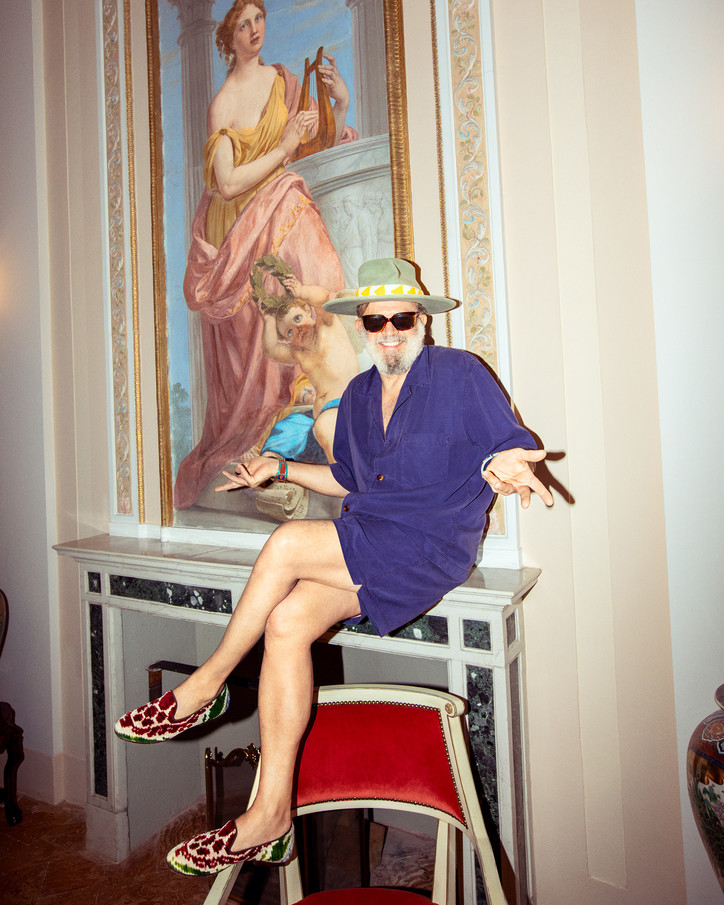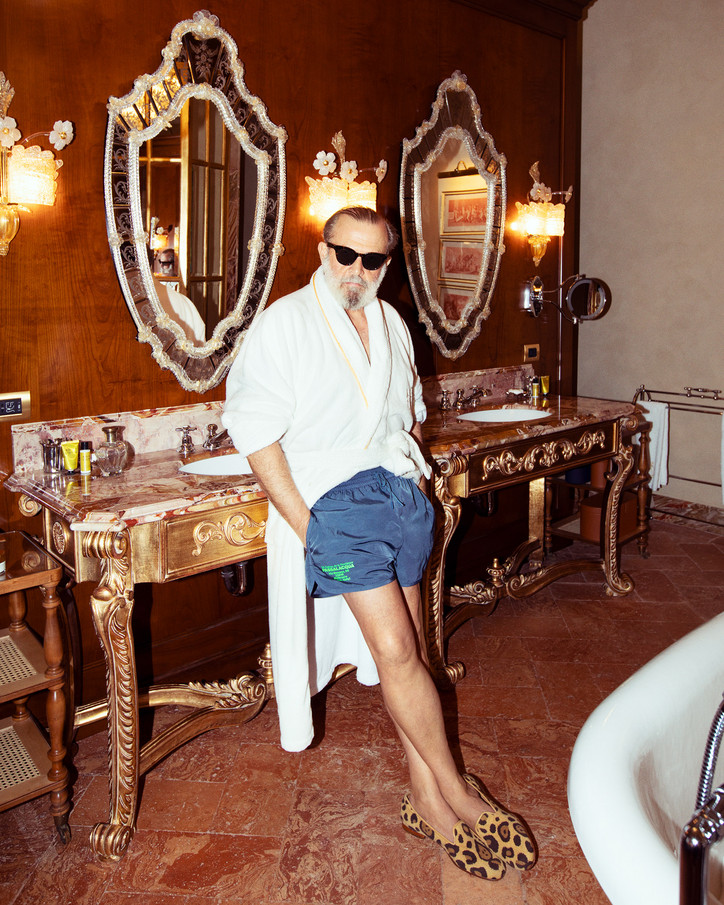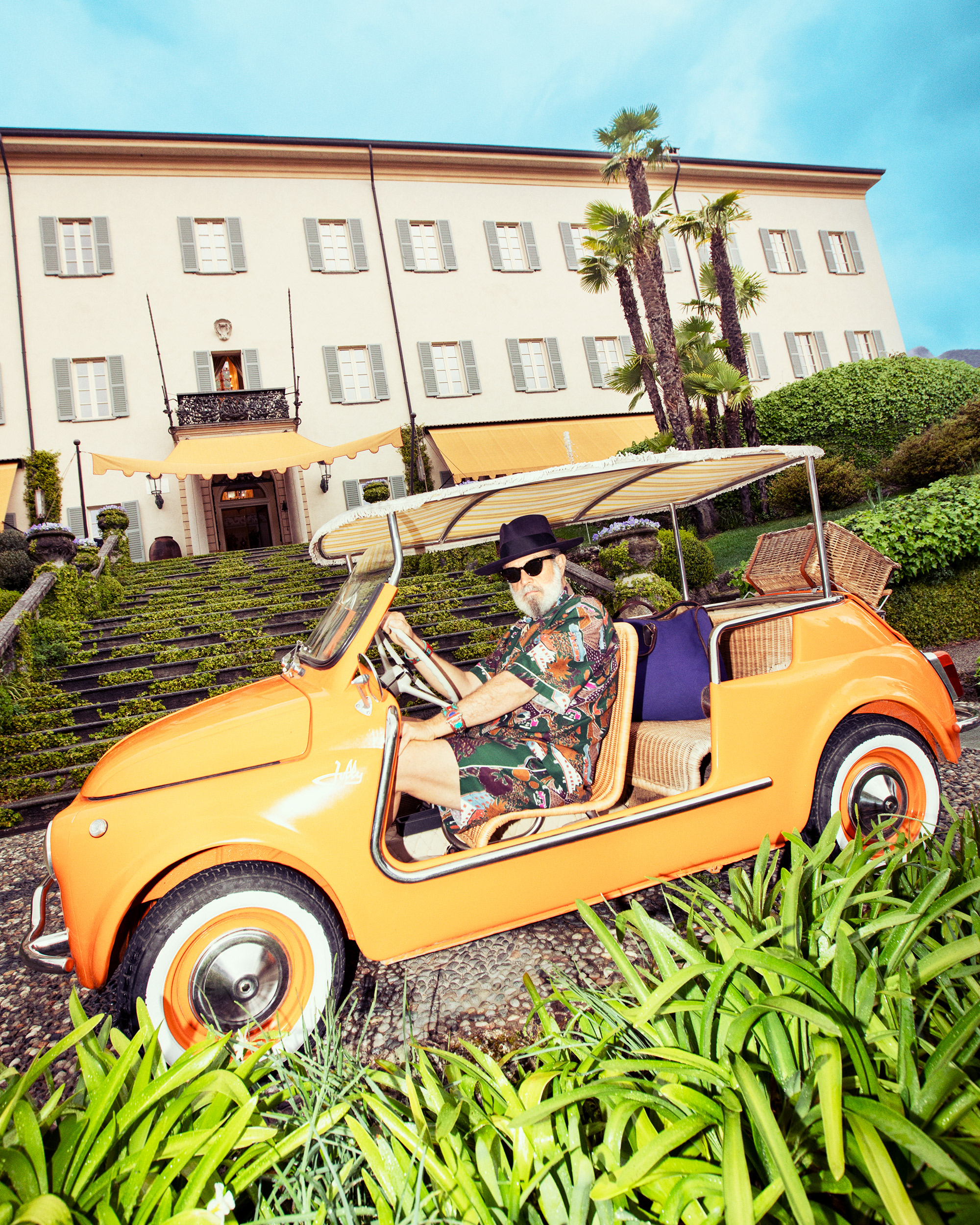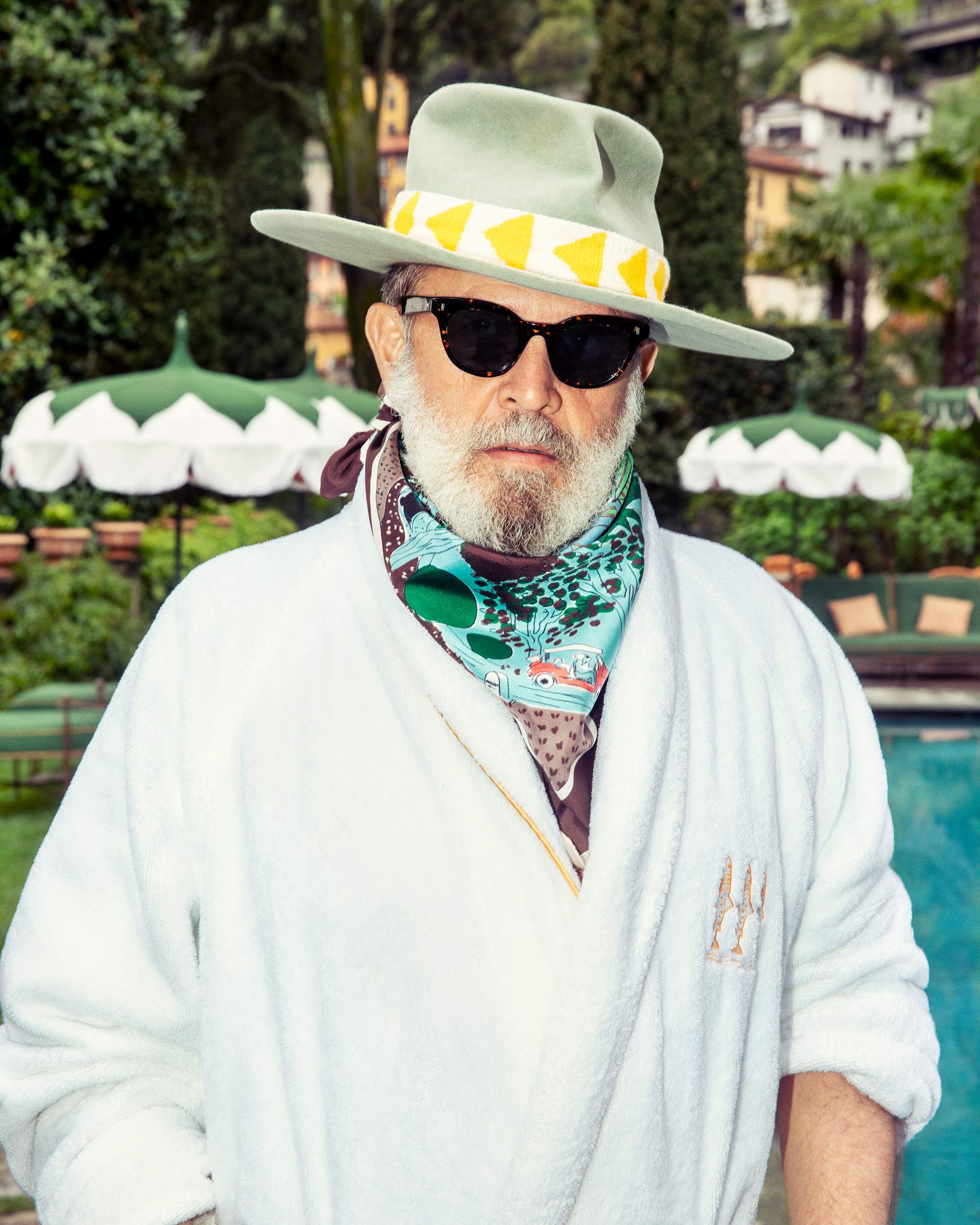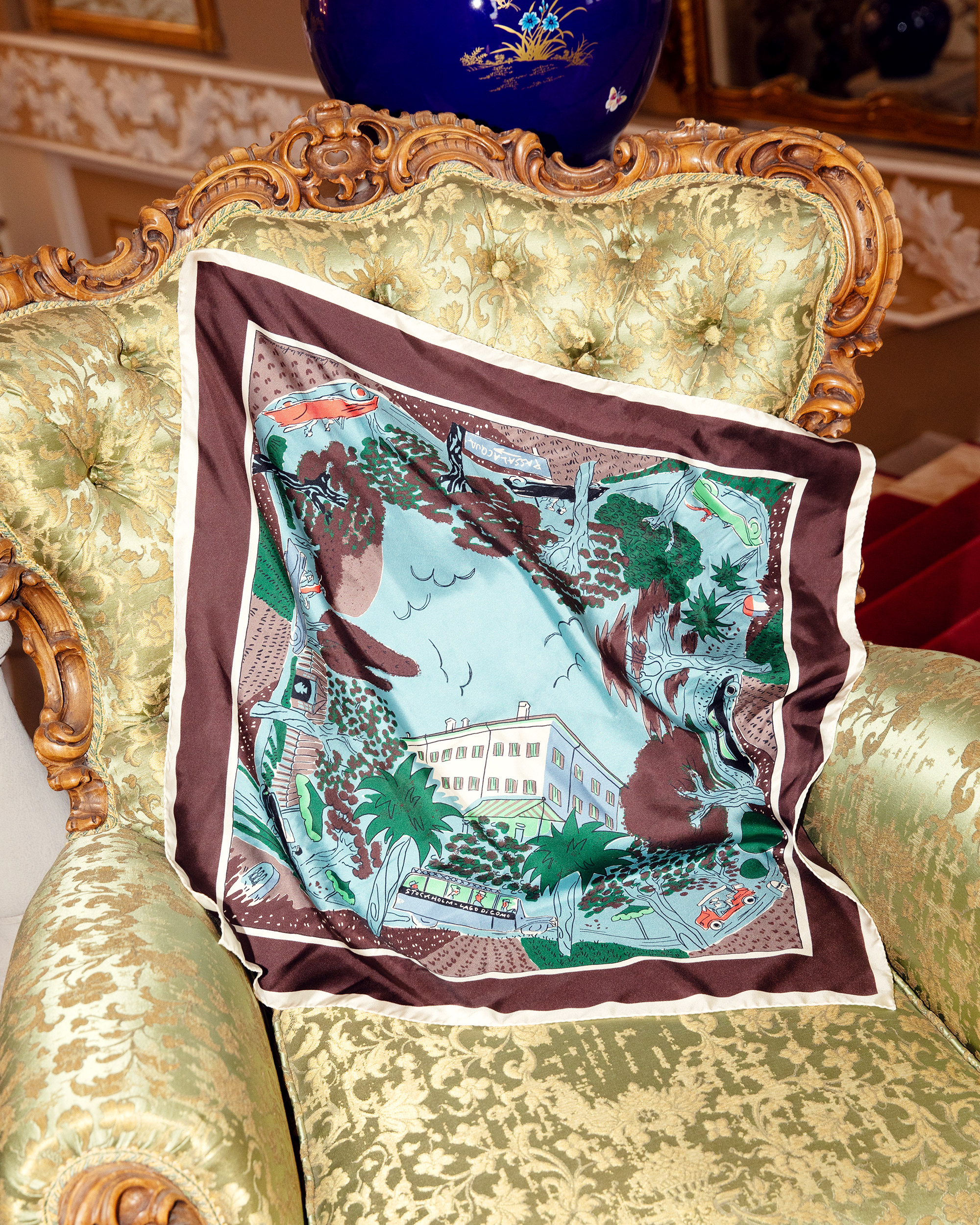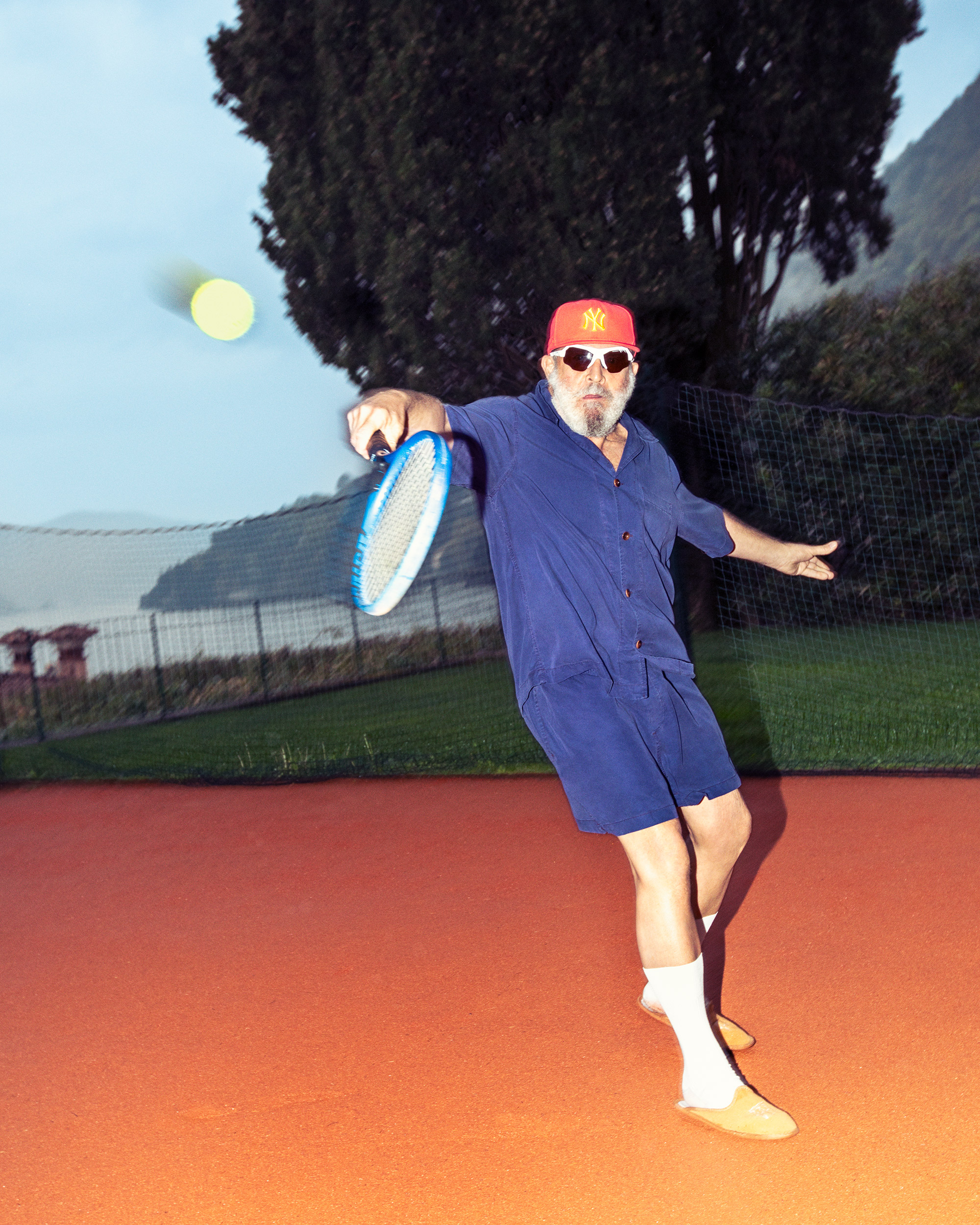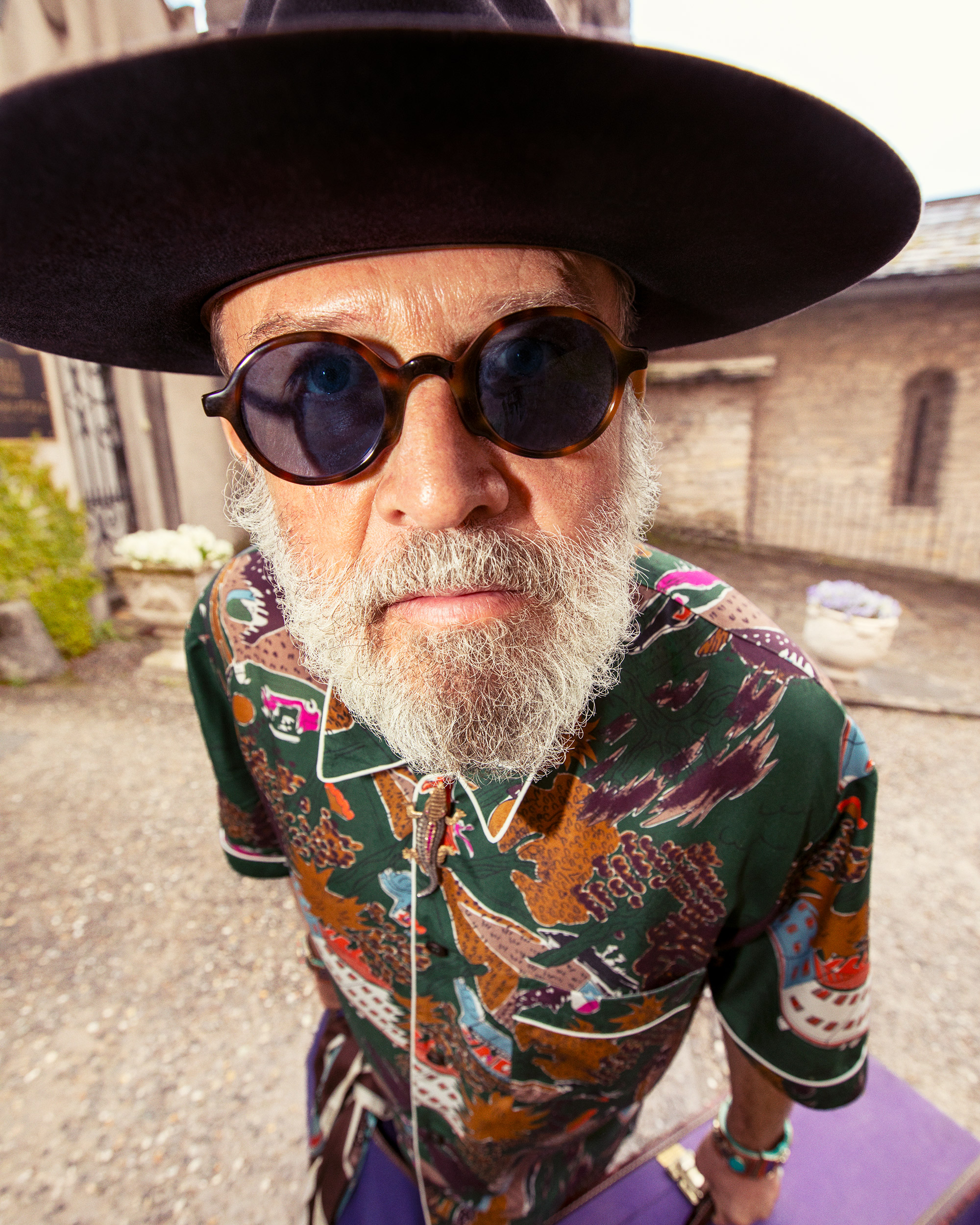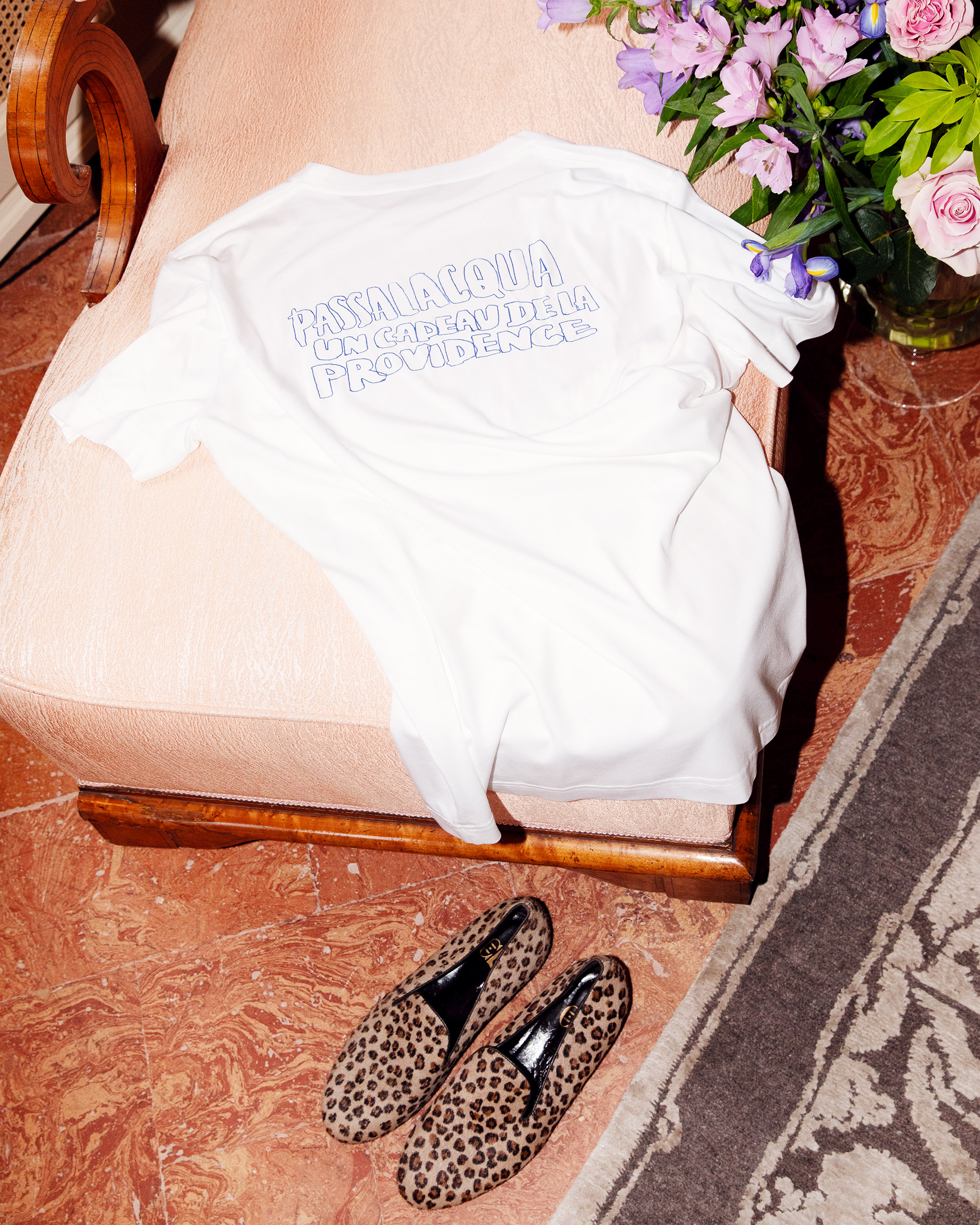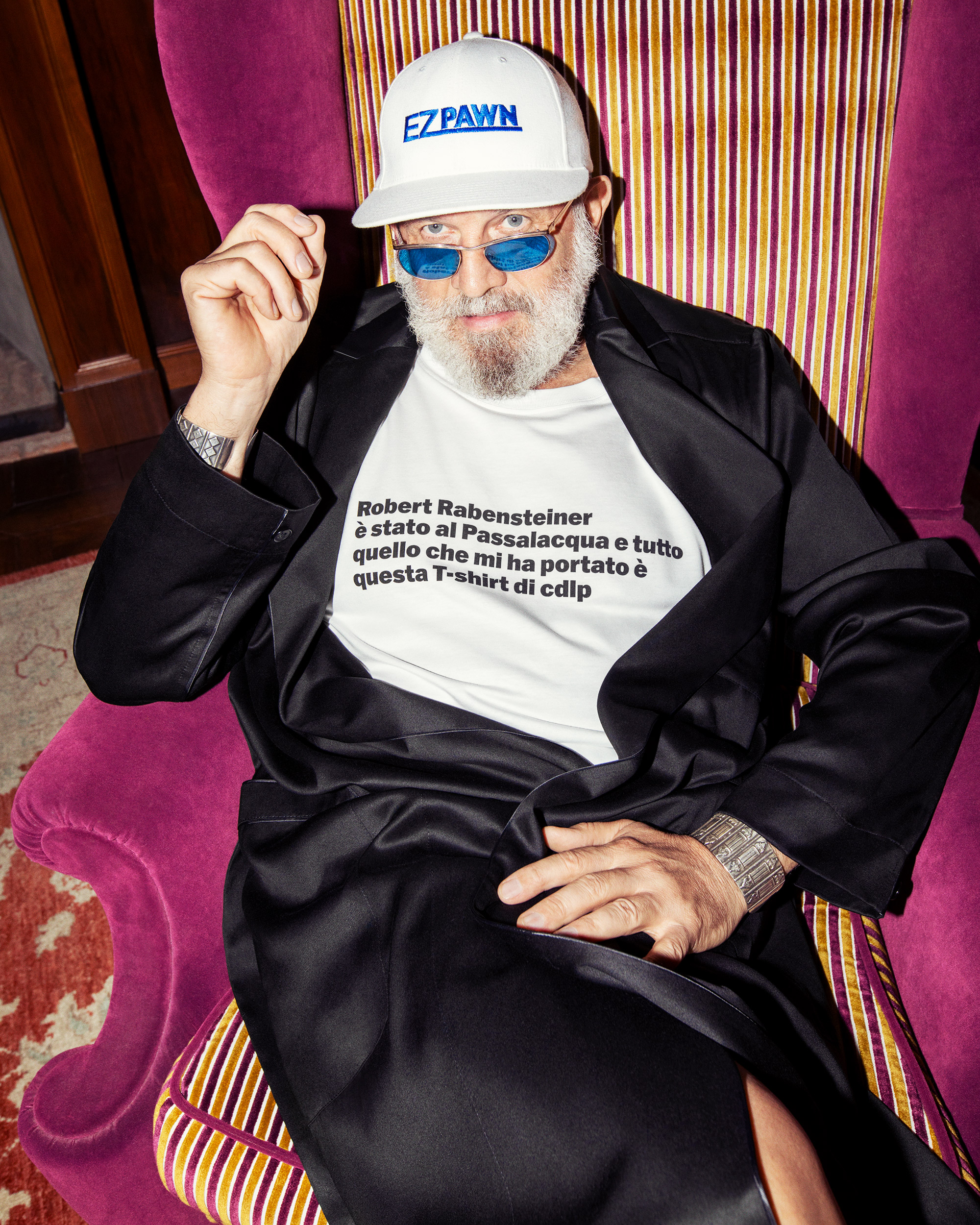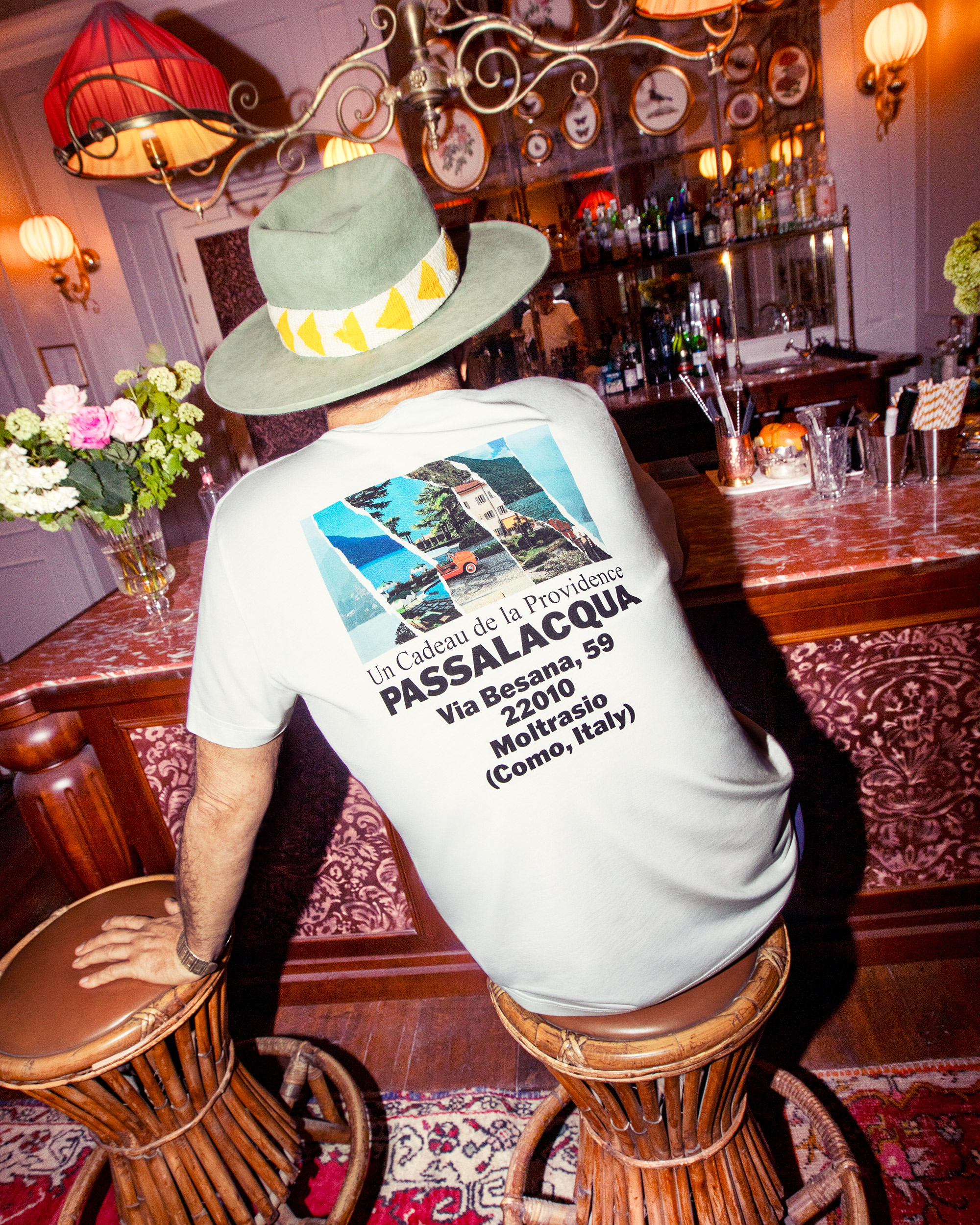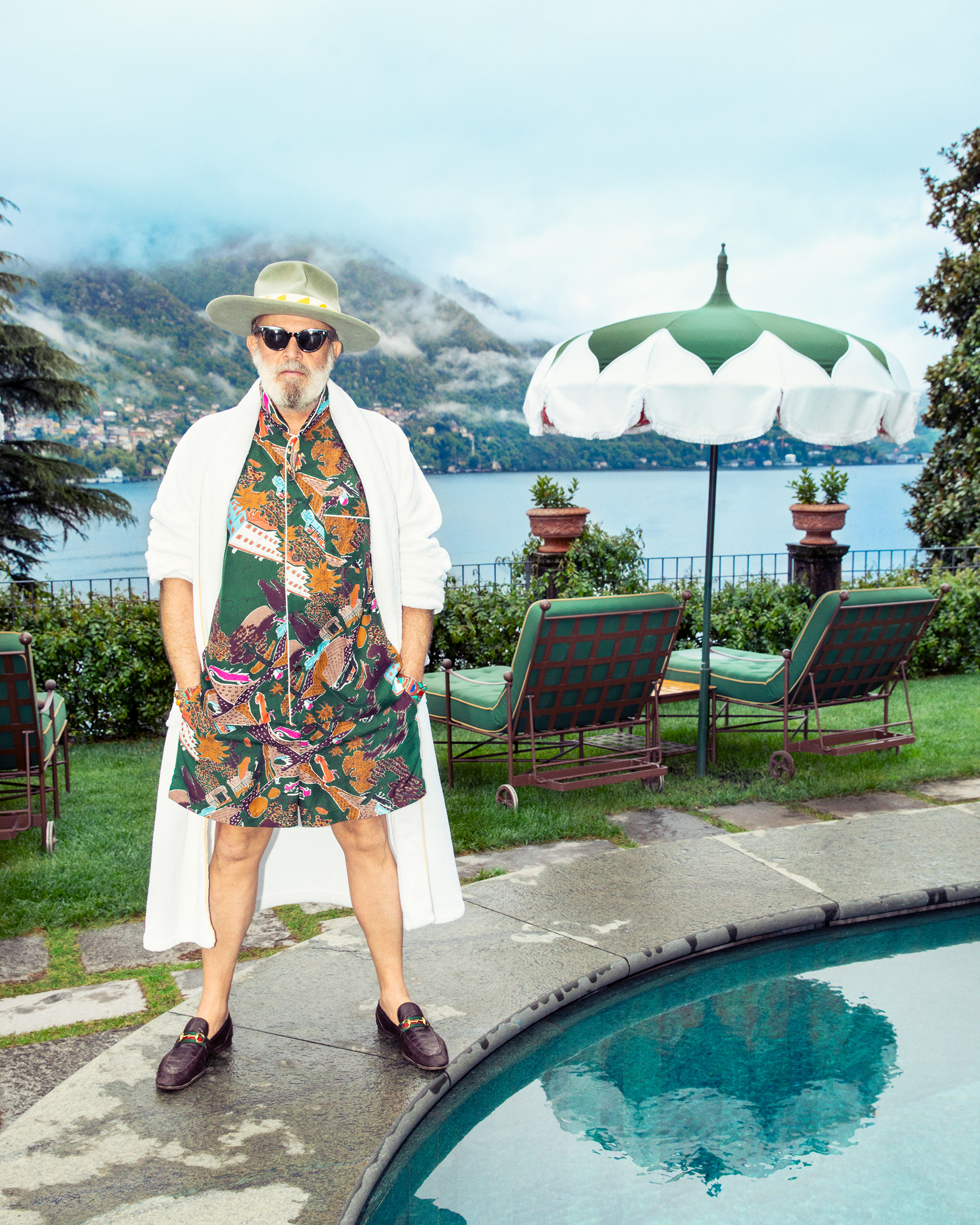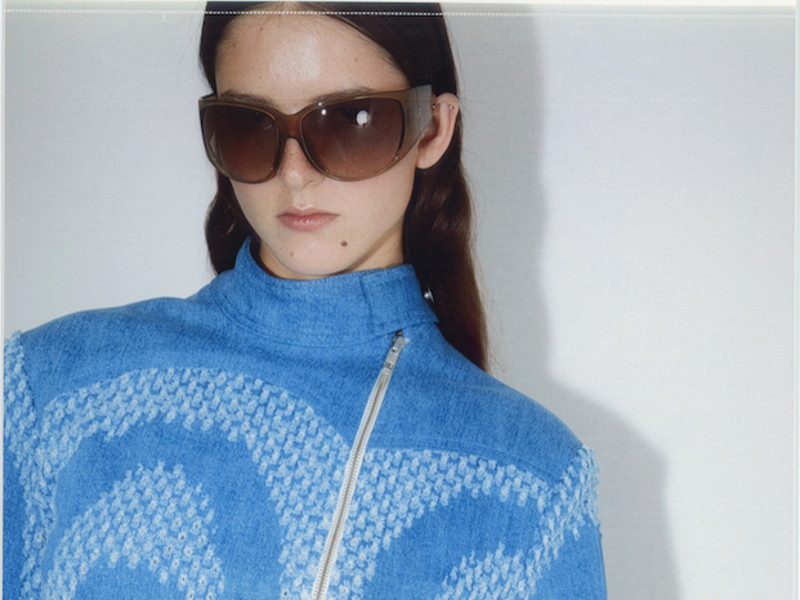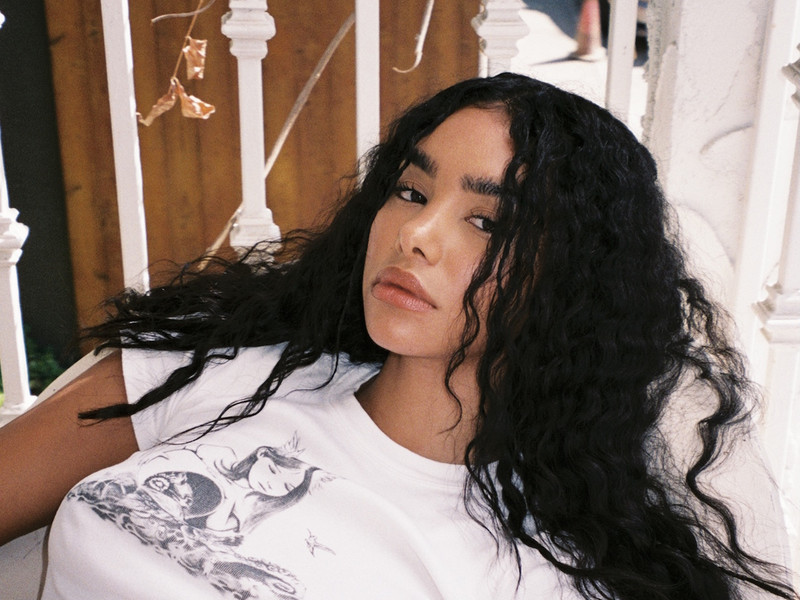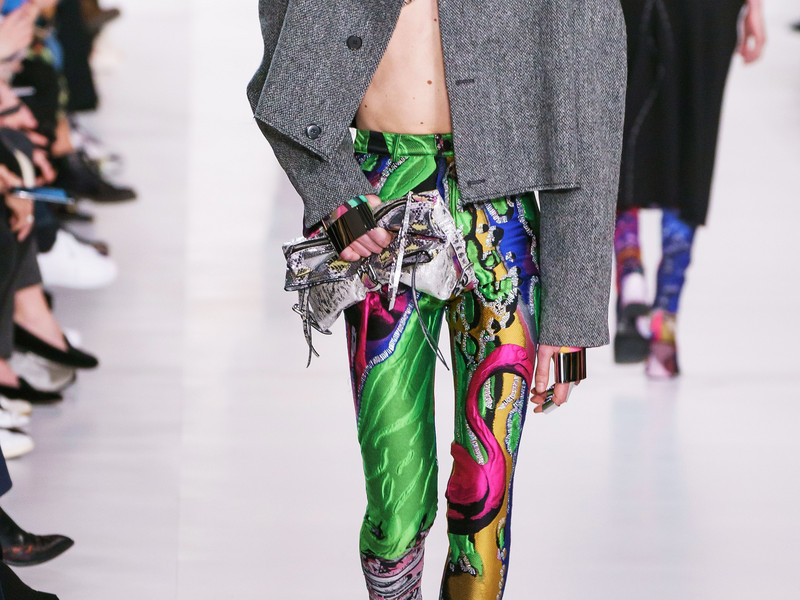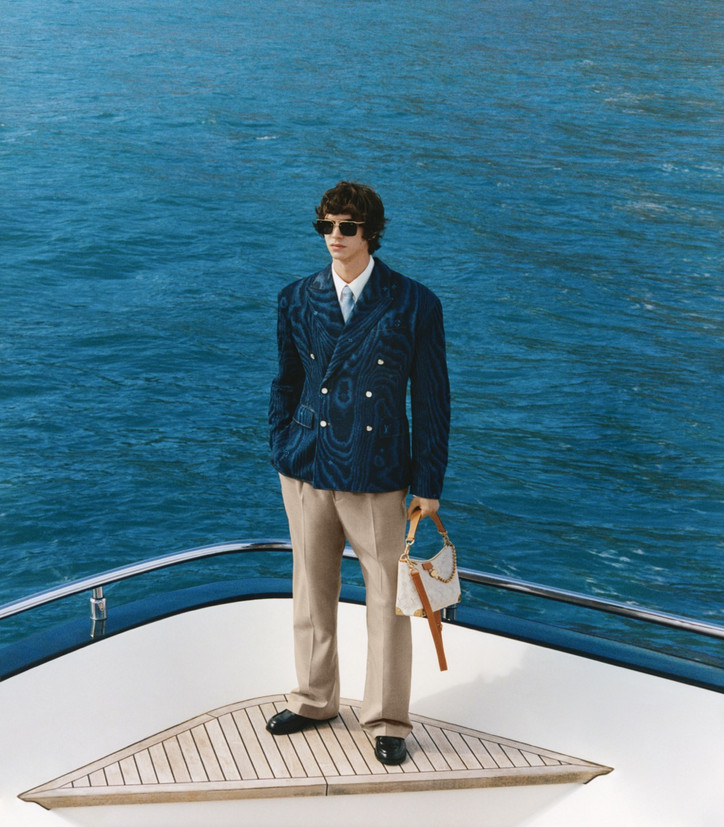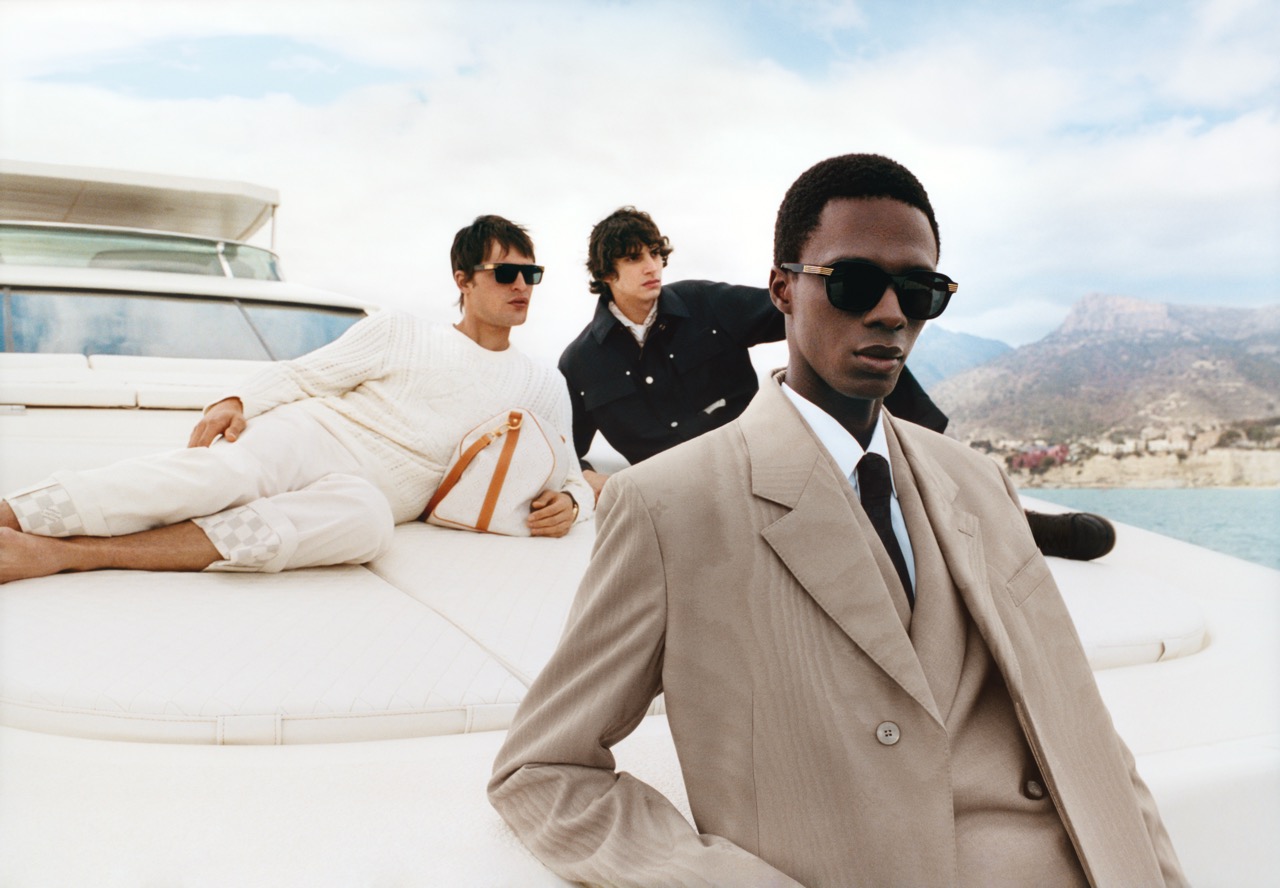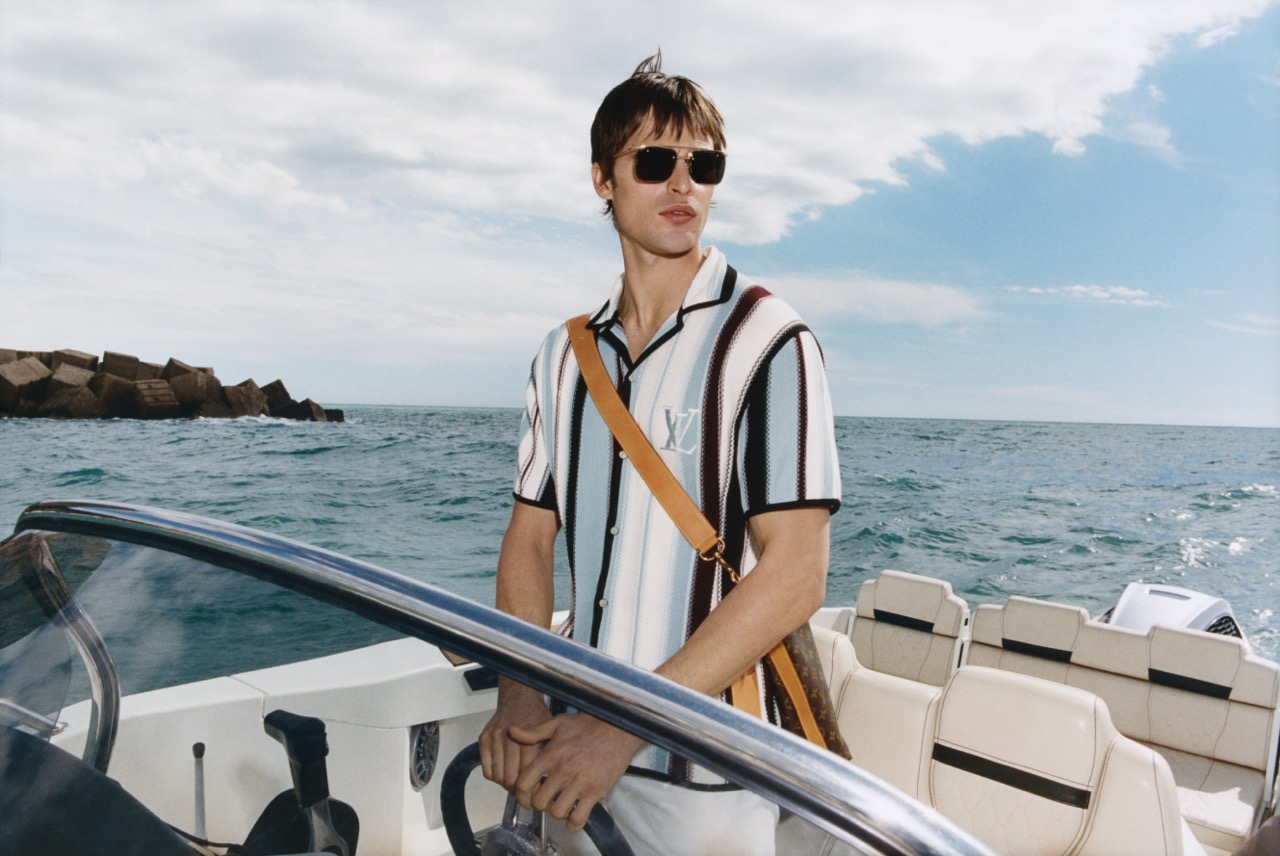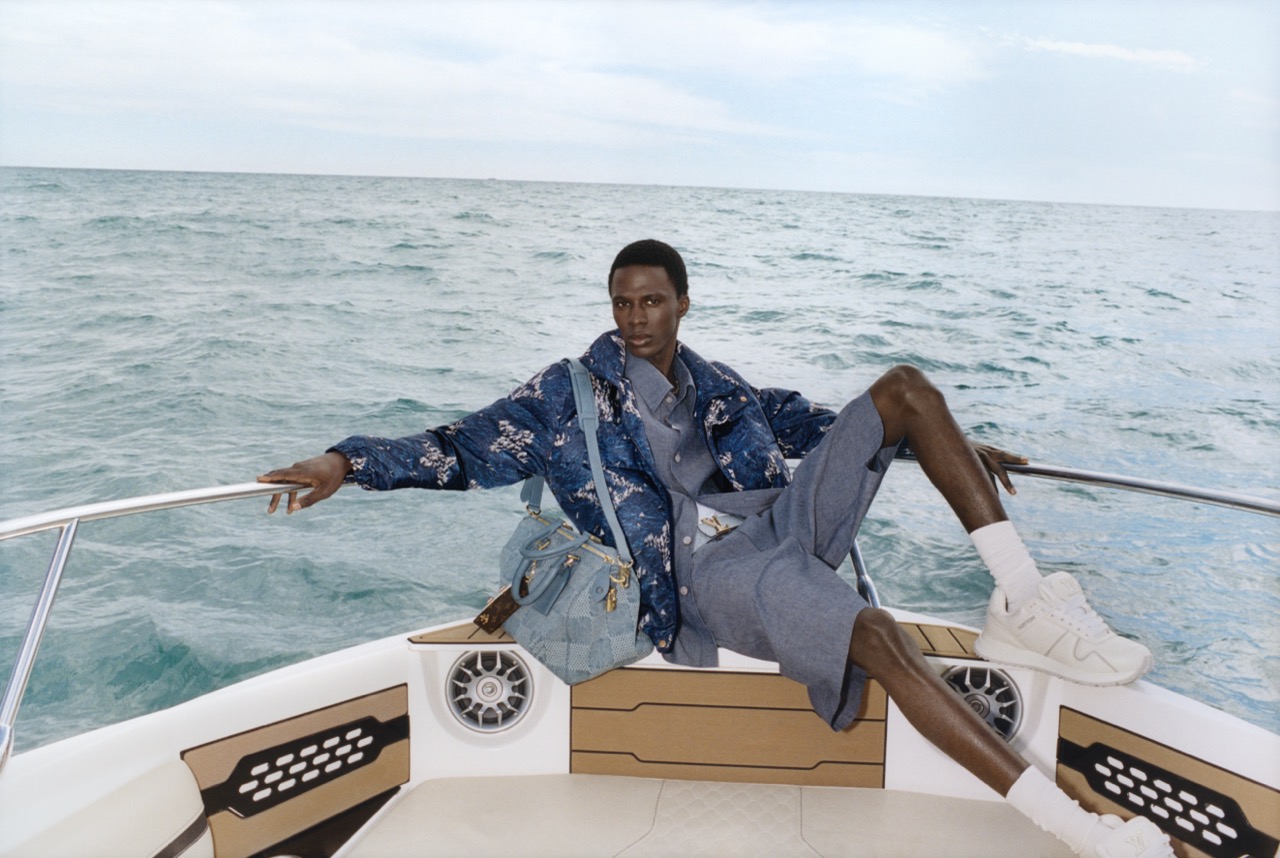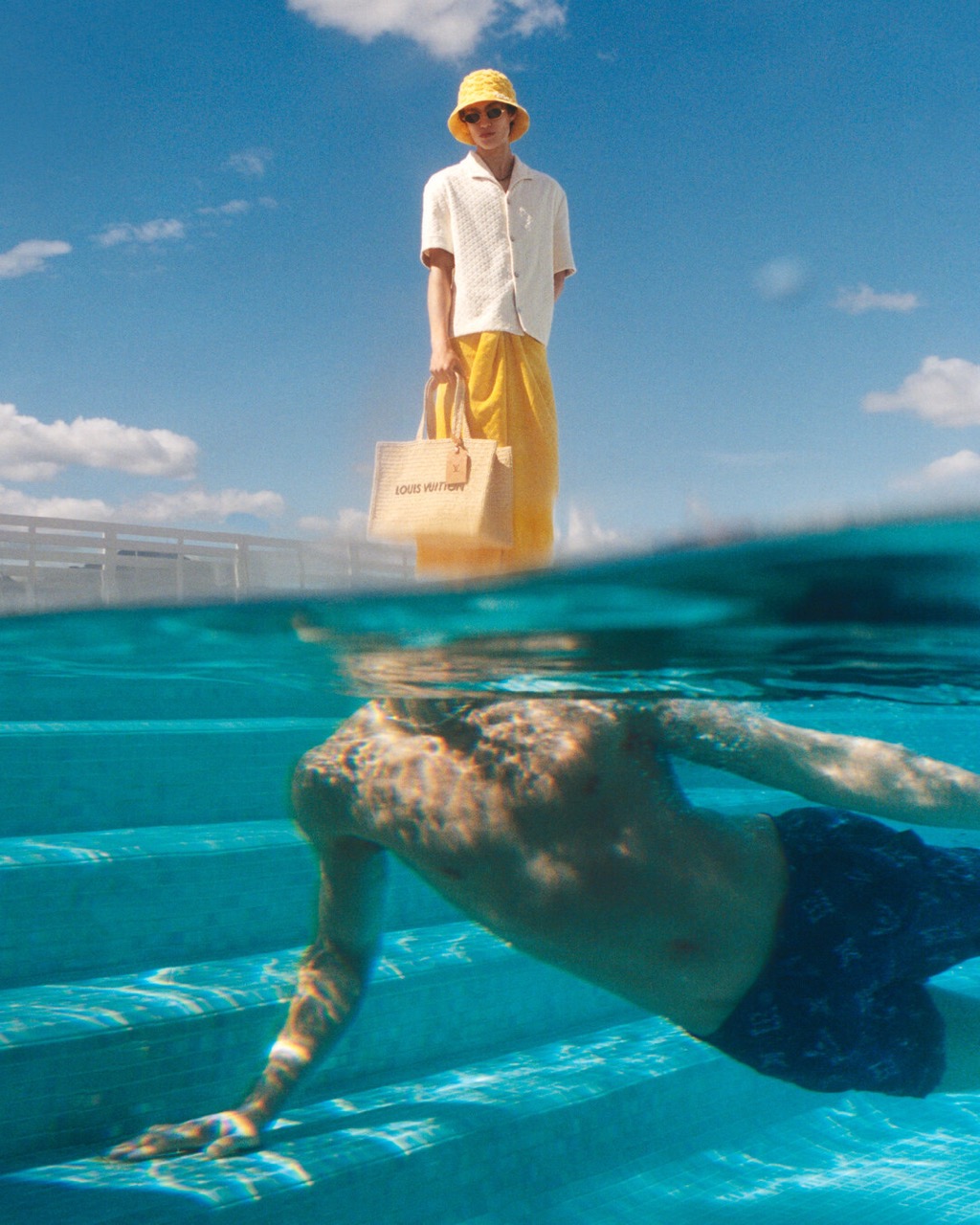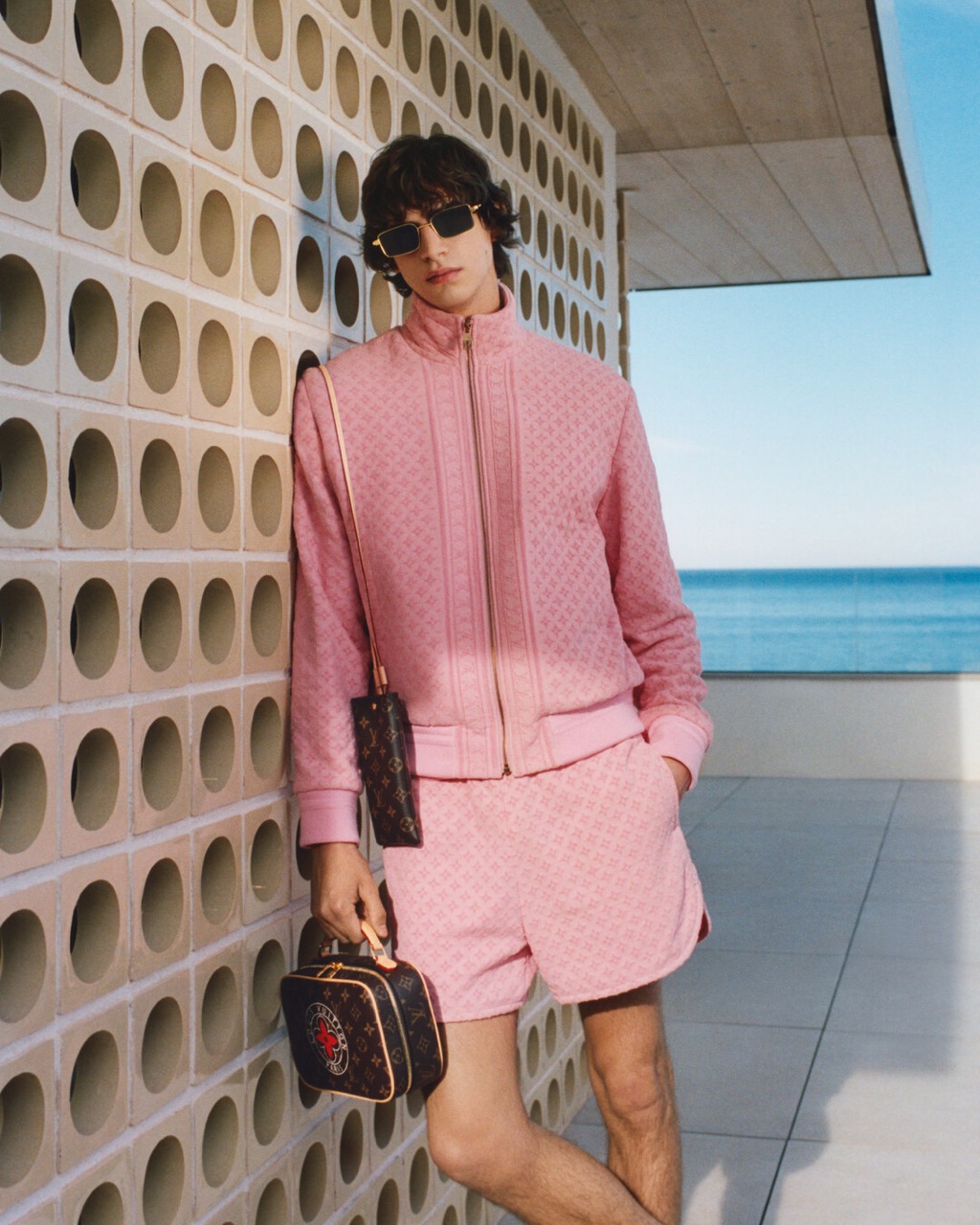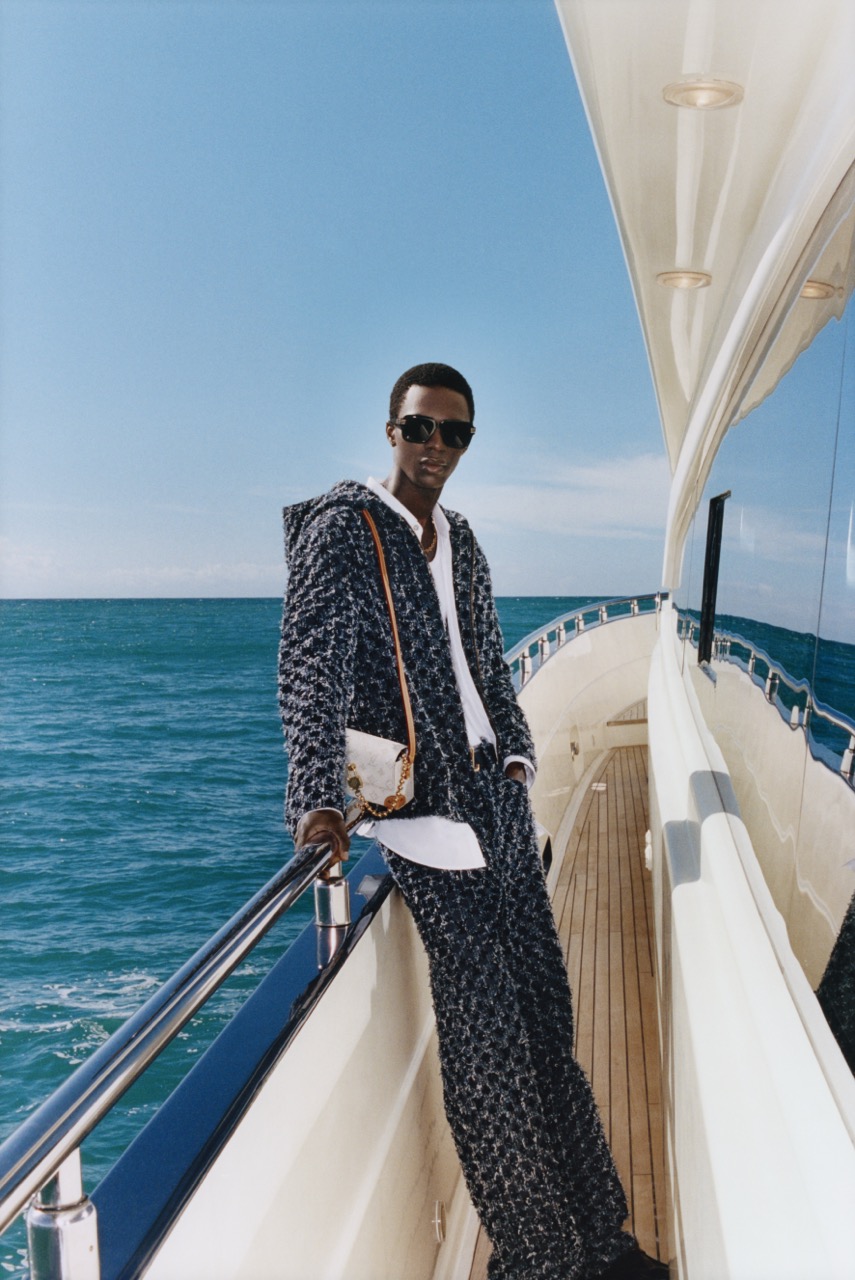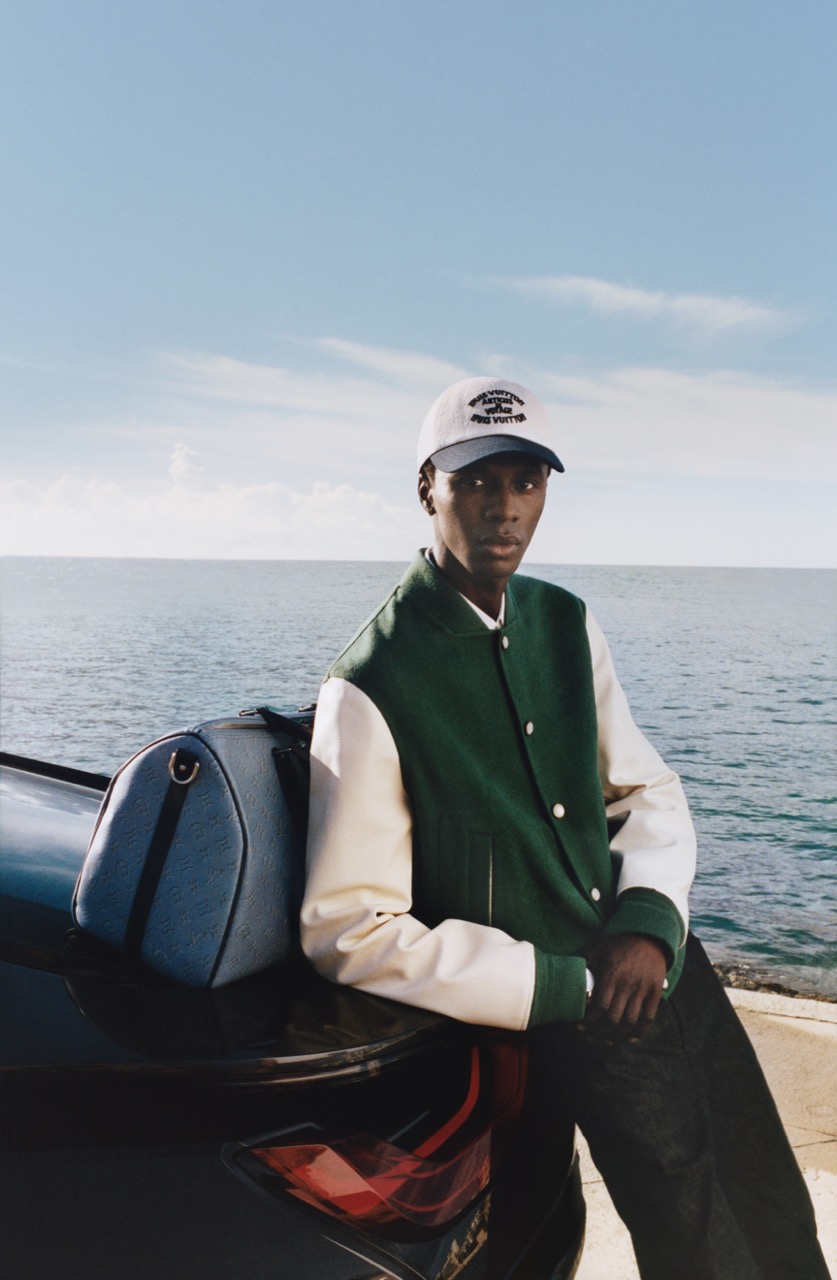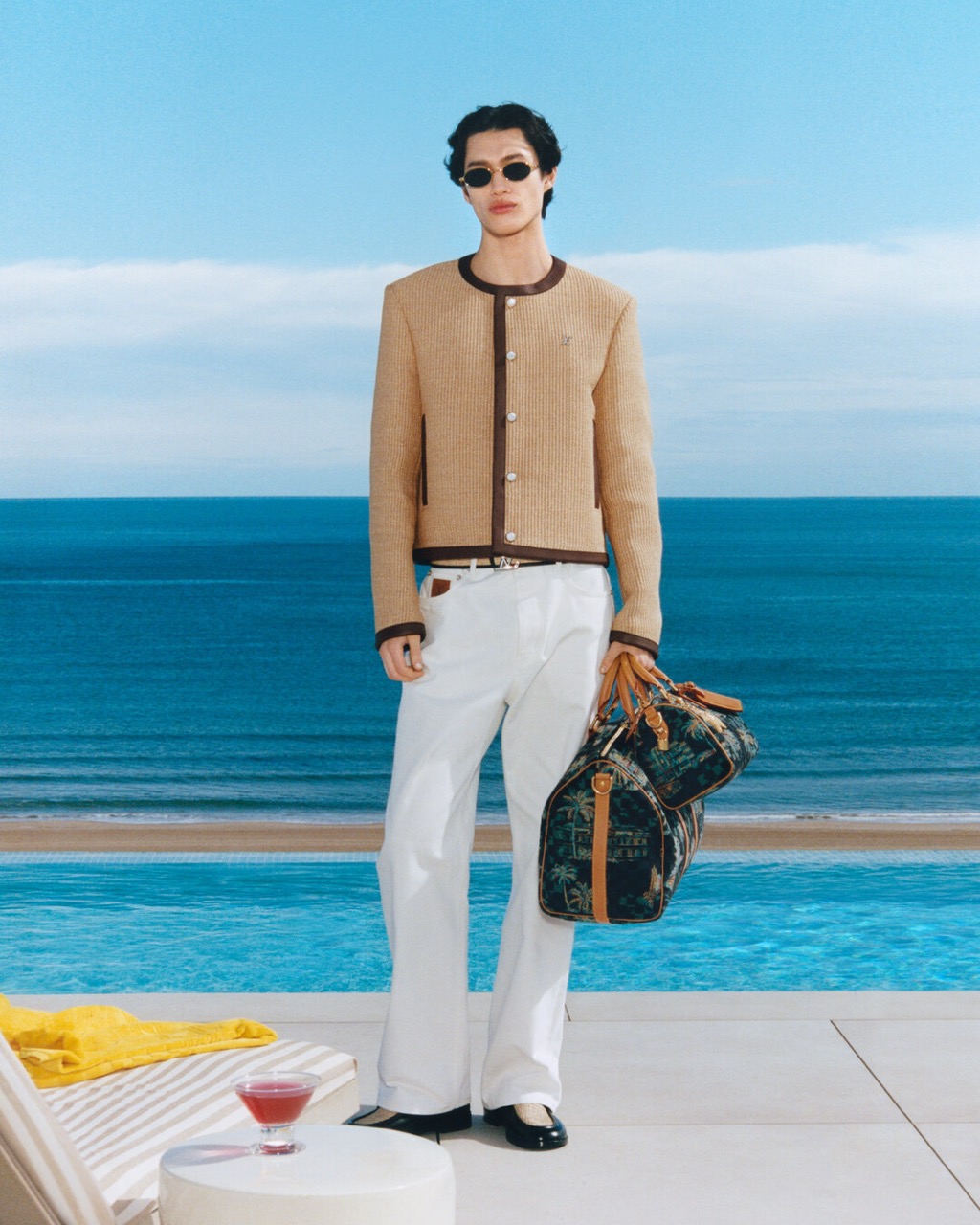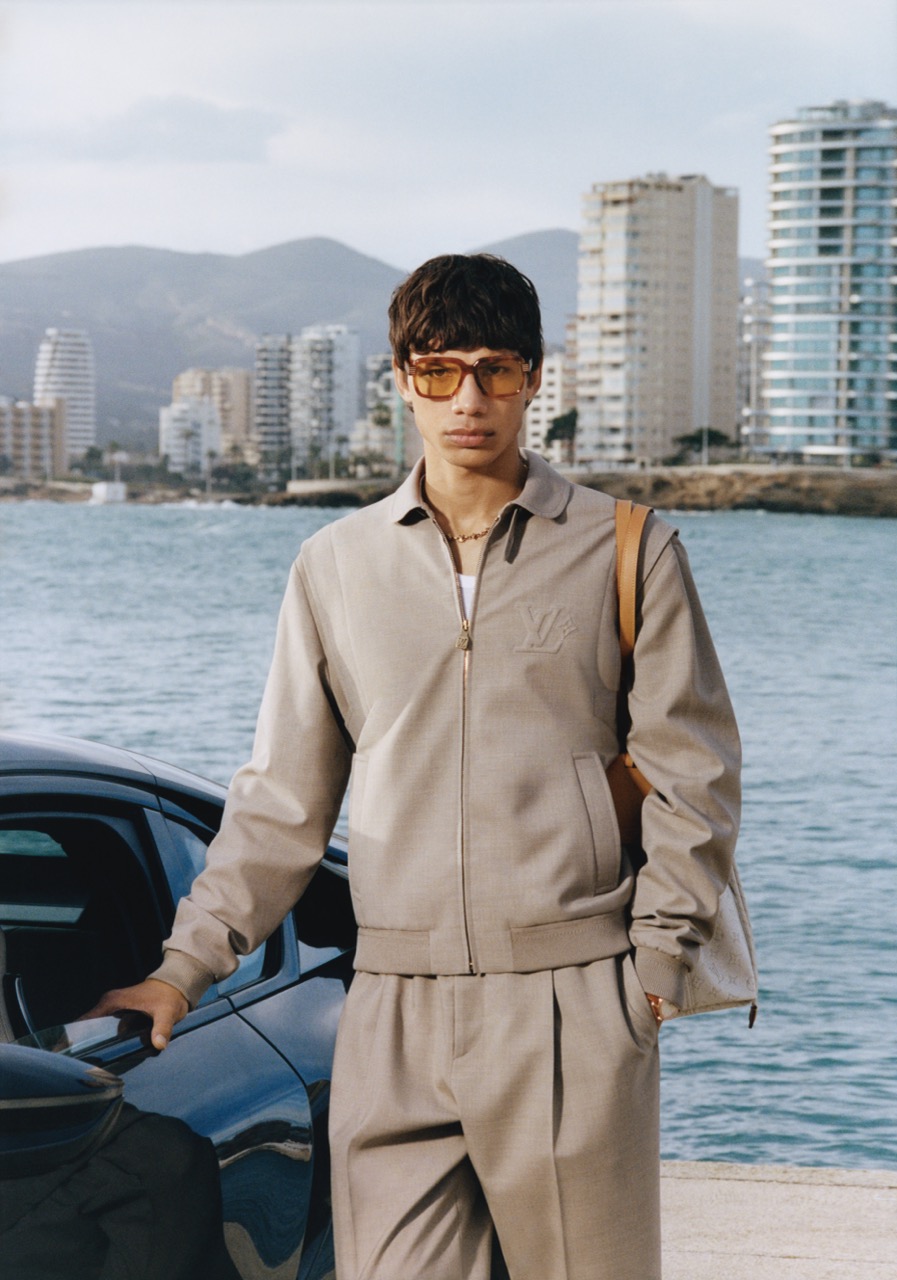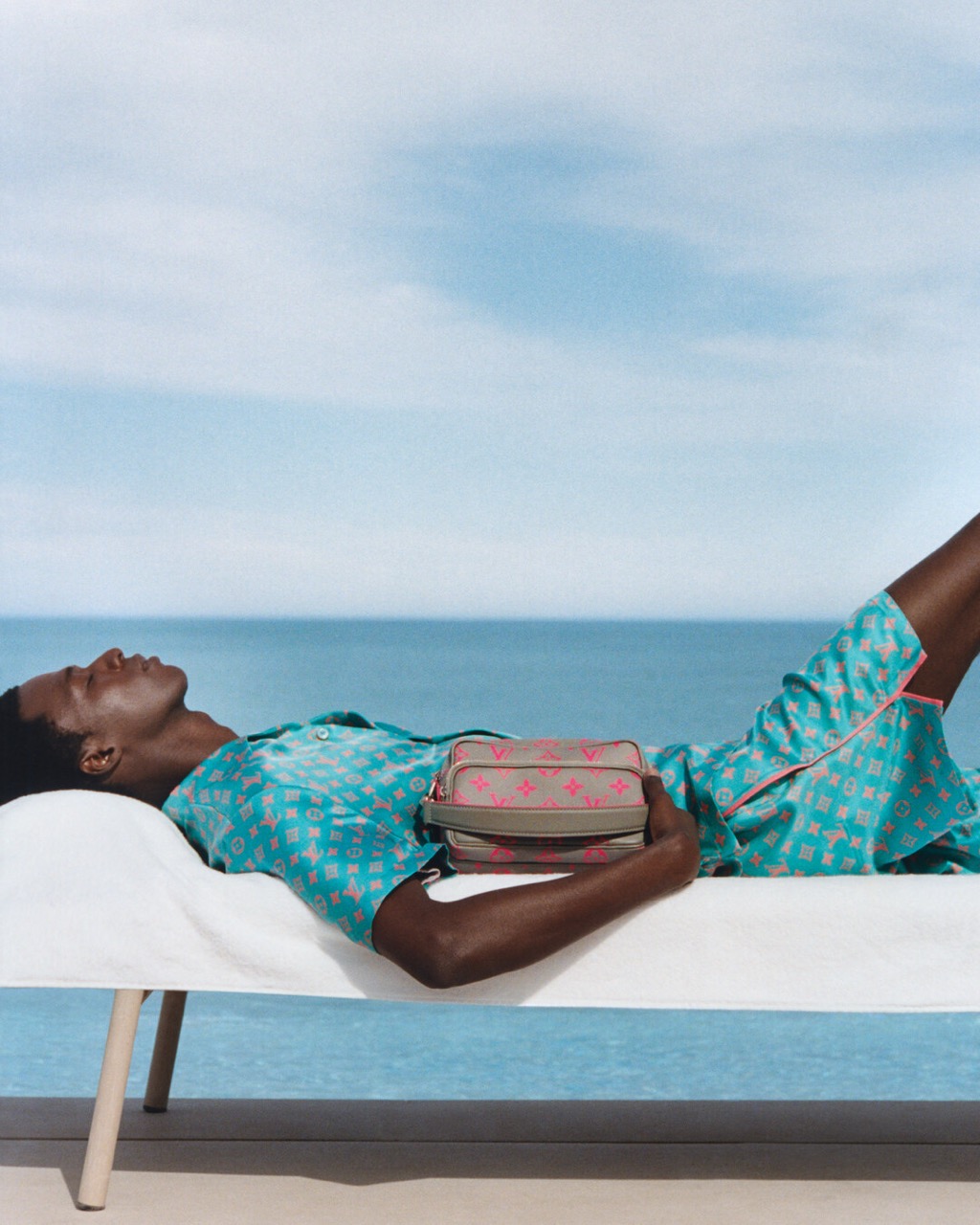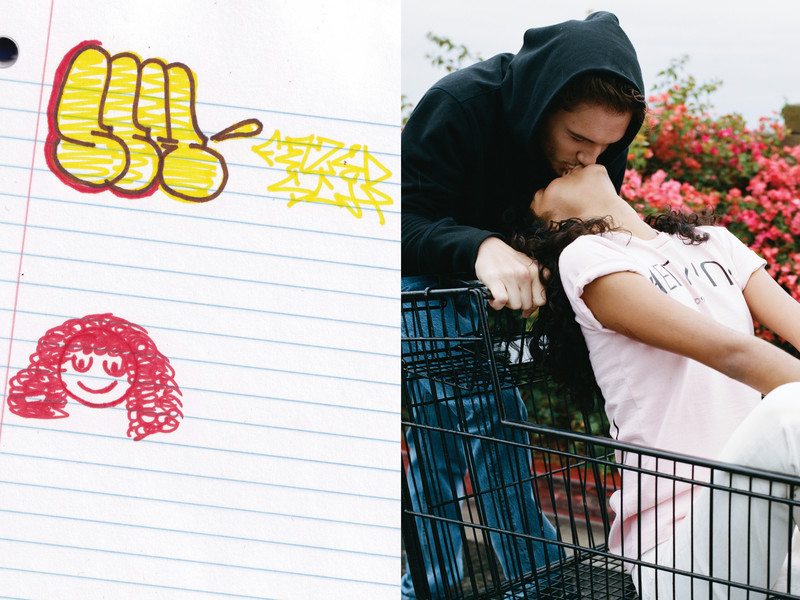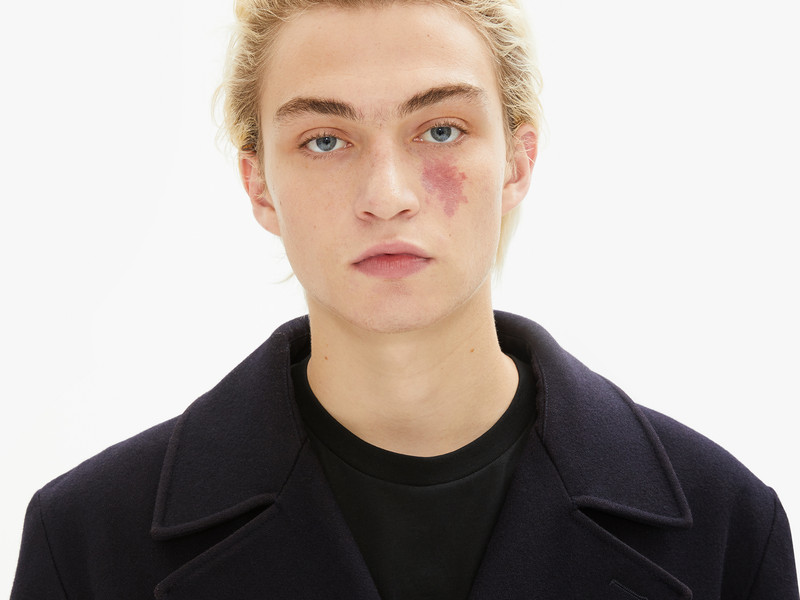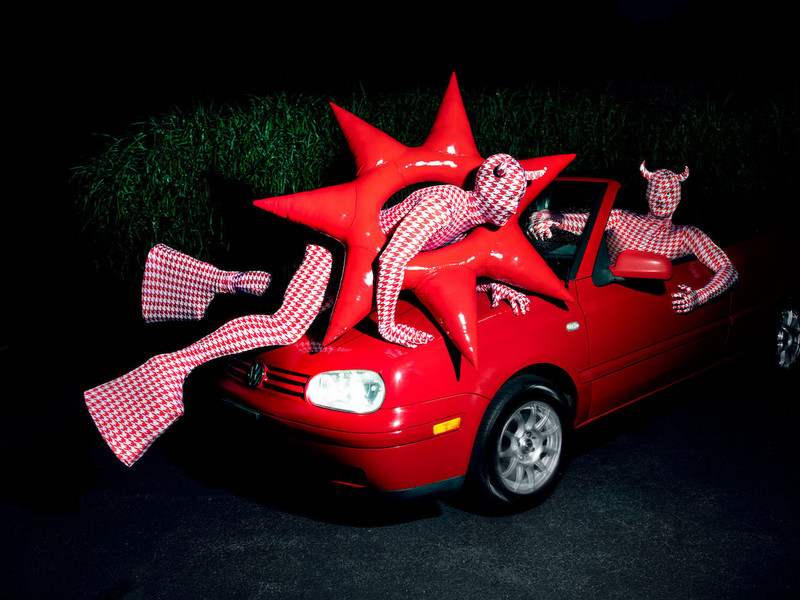Identity, Diaspora and Amerikan Dreamin'
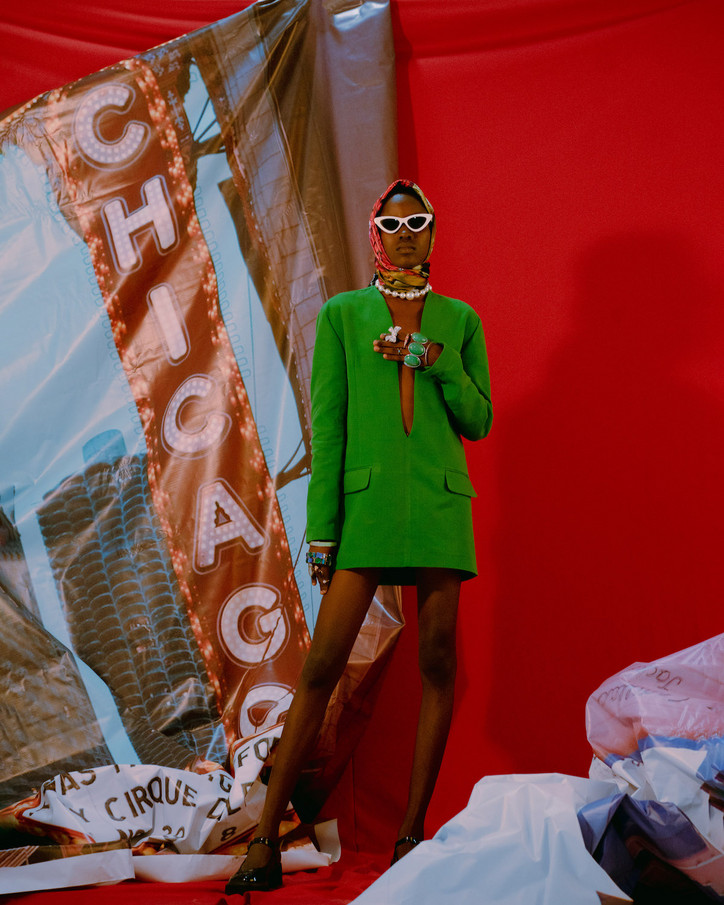
Can you tell me about your upbringing here? Where did you grow up and what was it like?
I was born in The Bronx. I feel like I always got to say that first. I was born in The Bronx, New York, Tracy Towers to be exact but I was raised in Lefrak City, Queens. I'm firstborn generation. First person out the family to be born in America. My parents are originally from Ghana, West Africa, a village called Mampong. So as far as my upbringing is concerned, it was very interesting. It was definitely a blessing. You get a little bit about how your parents grew up; the language, the college, the food but I was raised in a small project, so I got to see a little bit about that, growing up with my friends, playing basketball in the back and just seeing other things that come along with Lefrak City. So it was interesting.
Was your household very traditional Ghanaian growing up?
It was traditional, I don't know about very traditional, but definitely traditional. Traditional in terms of food, mannerisms, language, but my dad came here before my mother did, so I feel like he was already getting inundated to that western lifestyle. The way he talked, the way he dressed, suit and tie kind of thing, even the music. He'll bump Celine Dion, Bob Marley, Kenny Rogers, Kenny Pendergrass, Aaliyah, Michael Jackson used to spin in the house. So, I grew up on all of those sounds.
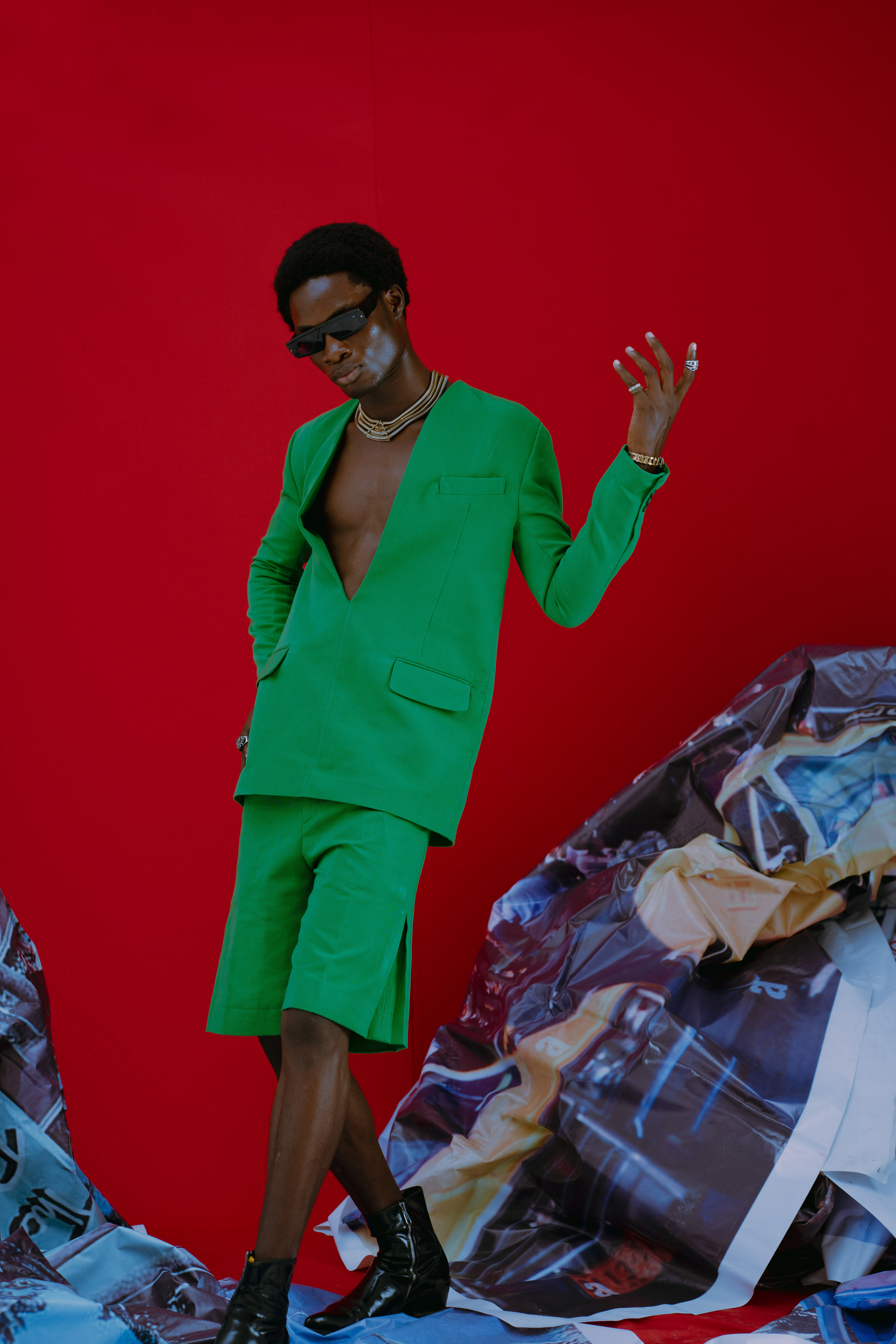
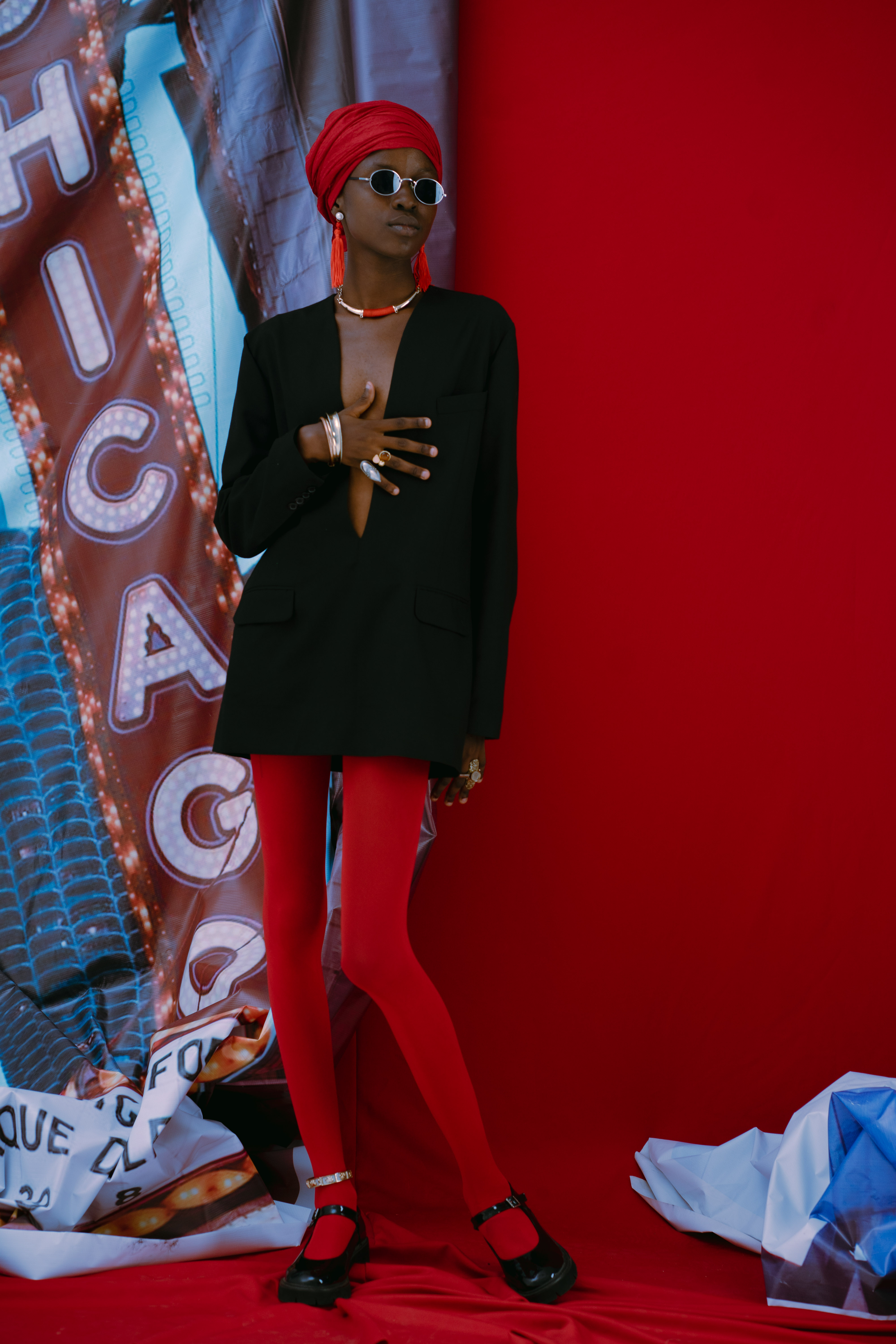
Was it a difficult adjustment going from your environment at home to out in New York?
Not really, because when you are born into it, you don't think about it too much. I think it honestly becomes more difficult as you get older and then you just start to understand your surroundings and how this world is. Growing up, it wasn't really difficult. Of course, when I went to school, my last name is not easy to pronounce, so I got called names and all this other ignorant stuff. It didn't really hit me, it didn't really affect me too hard because it was just us kids playing around, they shoot jokes and I’ll shoot jokes back at them. I think what was weird though is when I go back to Ghana, it was different for me because I didn't know Ghana like that growing up. When I go back home, the kids didn't understand a word I was saying.
And it's like, "Who's this guy?" A lot of them didn't even think I was from Ghana. So, growing up you know you're African, you've got the last name, the language is different, but when it's time to go back home to Ghana where your parents are from, you think it's going to be easier, you know, and it's like they see you as an alien.
Yeah, I know that all too well. It's that feeling of your identity being caught in the middle.
Yeah. It's crazy because I went to Ghana last December and I was eating at some local pub. It was like four old ladies, it was mad nice, they made me some food and stuff like that, and they didn't know I was from there. They were talking in the language, and I said something back. It's like "You're from Ghana? Your skin looks different." I’d never heard that before. So even things down to the skin, the hairline, the features, you would think that your blood from Ghana, but even in Ghana they didn't see me as a Ghanaian, so it is interesting.
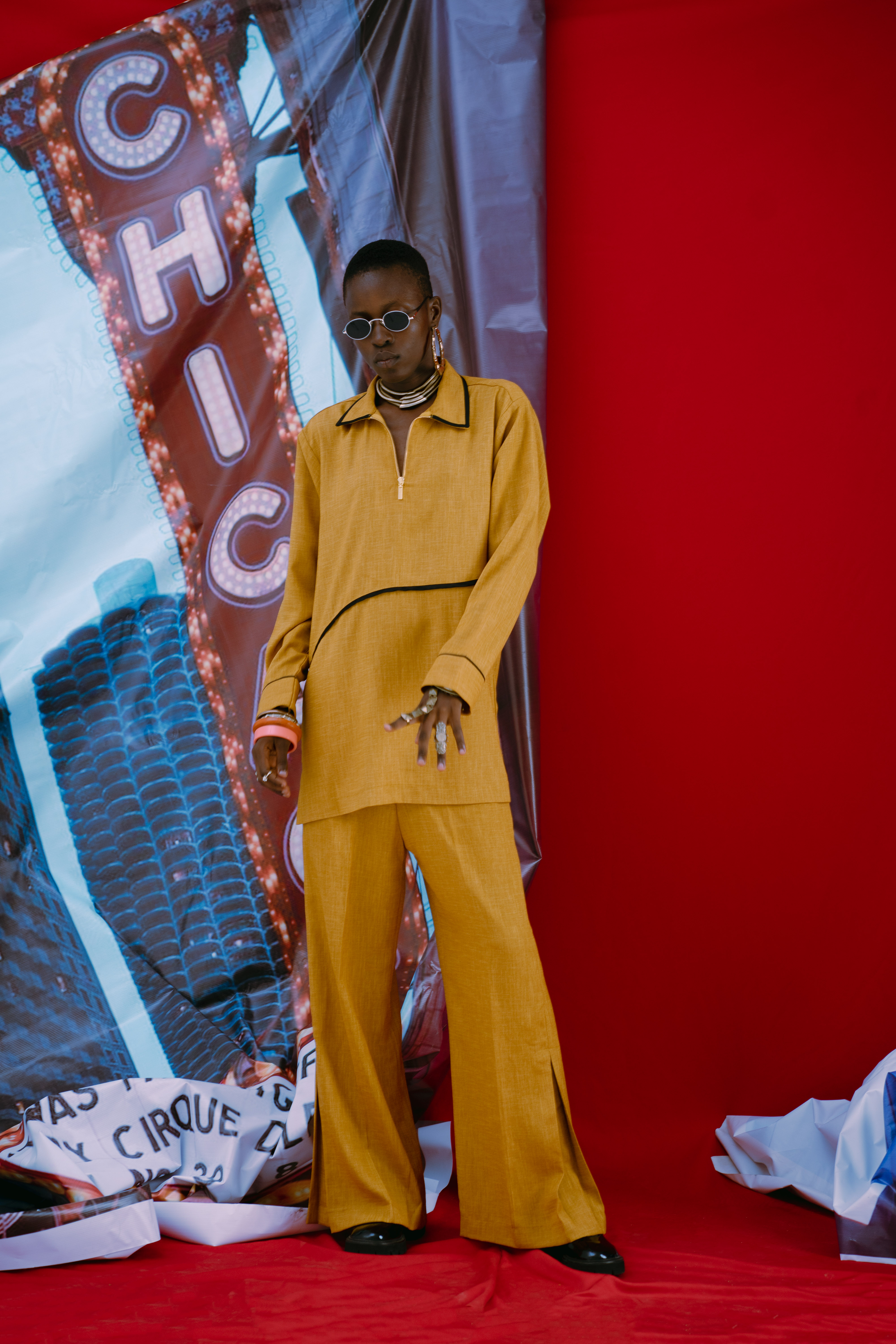
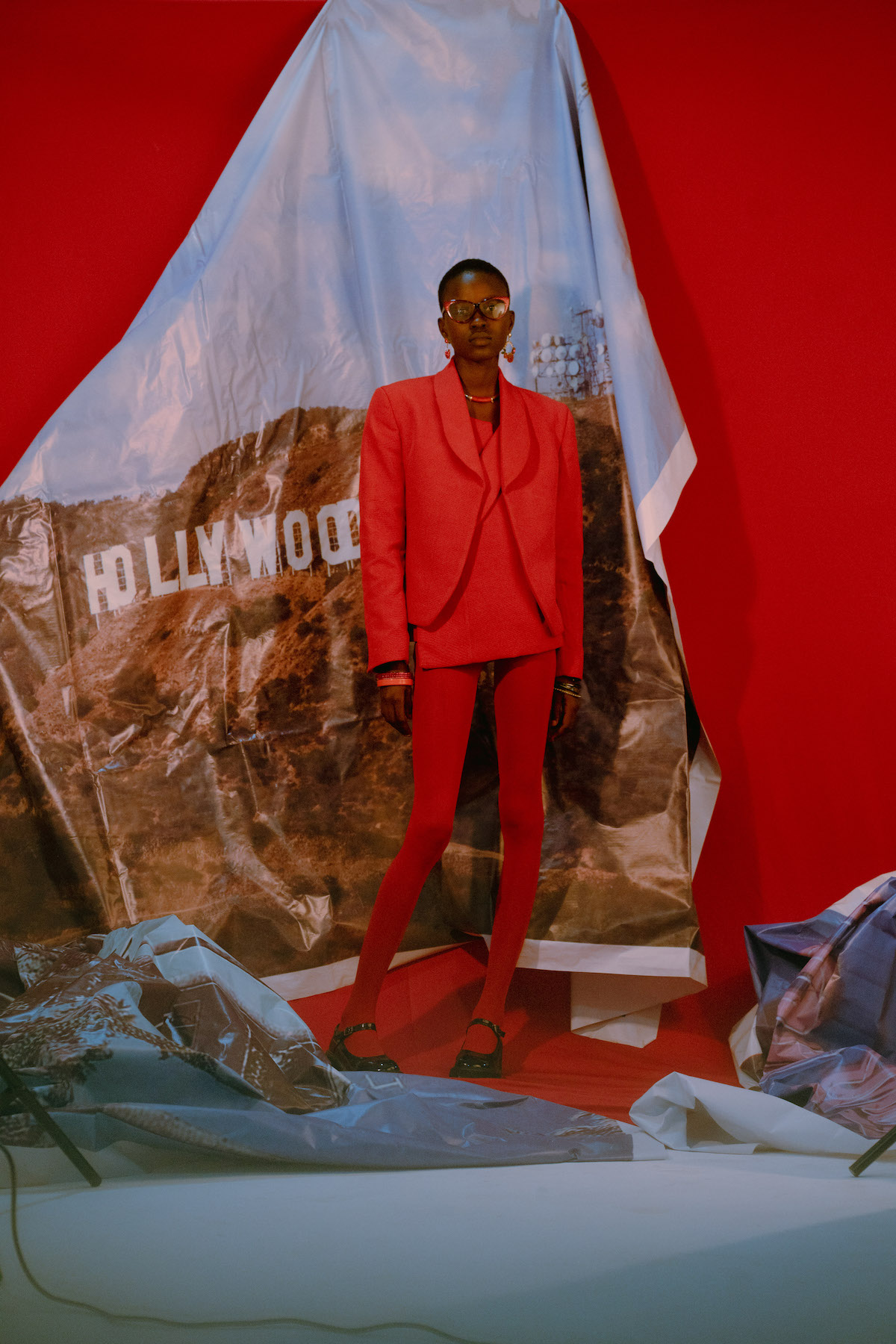
As you got older, did you feel like your identity was with one culture more than the other?
No, not at all. I honestly felt like it was a balance and that's where that whole in between comes in. I was more lost in Ghana than I was in The States as far as identity is concerned. Because I had a lot of friends growing up. I think being born into that in between, you just learn to accept it. But as you get older, there's certain experiences that kind of trigger certain things, right? It was definitely weird, but my upbringing was fun at the same time, so I just accepted all of it.
Can you tell me about how those experiences led to Kwasi Paul?
Growing up I talked to a lot of people that were also firstborn generation and the great thing about New York is that everybody comes from somewhere. So, you have conversations with people, that say, "Oh yeah, I drank Milo growing up, my parents were this and my parents do that. My parents told me to come home at 8 o’clock as well." Whether they're from India or Jamaica or other parts of Africa. So, you think, oh, all right, there's other people like me. It's that duality, I think, that I really, really appreciated. Being able to be inundated in this whole different culture in a foreign world and just being able to step out the crib and be in another culture too, you know what I'm saying?
It was a lot of things that happened in Lefrak City growing up. Me playing basketball, me seeing things growing up, seeing things I'm not supposed to see growing up, so a lot of that really shaped my experience and how that led to Kwasi Paul. I really just wanted to tell that story and see if I could create a space for other people that can relate, other people that have these conversations. So that's really how that came about.
And the brand name itself?
Kwasi Paul is my father and my mother's name put together. And I just found out not too long ago, my grandfather was also called Paul. So Kwasi is my dad's name, Paulina is my mom's name. They're my biggest inspirations. My mother, she went to FIT, she was a designer, so I think that's where I got it from. Whereas my father, he's just real eclectic within that culture, music, things of that nature. But Kwasi Paul is also a play-on-play because Kwasi is the origin of what somebody from Ghana would be called if they're born on Sunday while Paul is such a westernized name. So, I picked those two words because I wanted to have that play-on-play feel but also commemorate my parents and their influence on me and the brand.
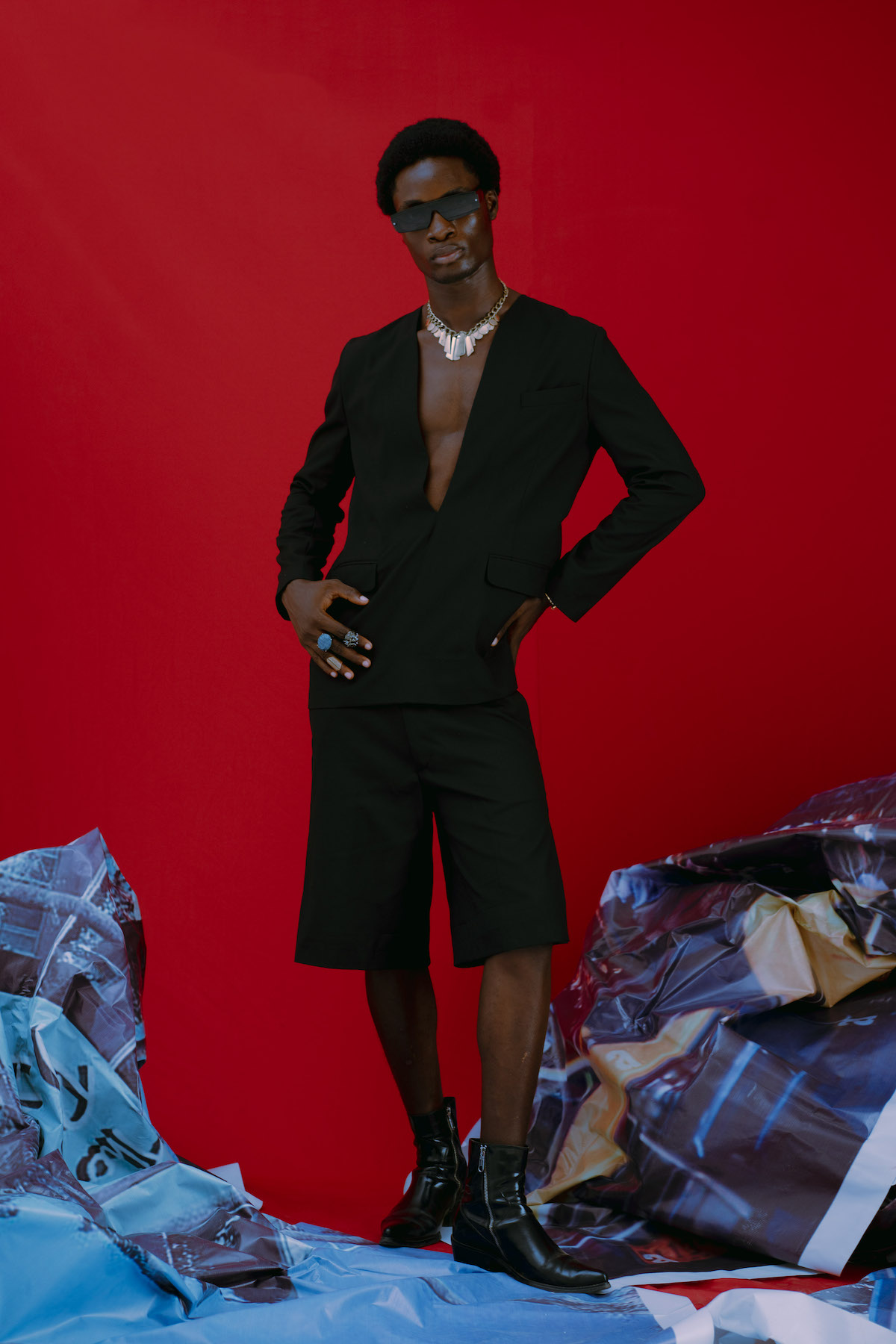
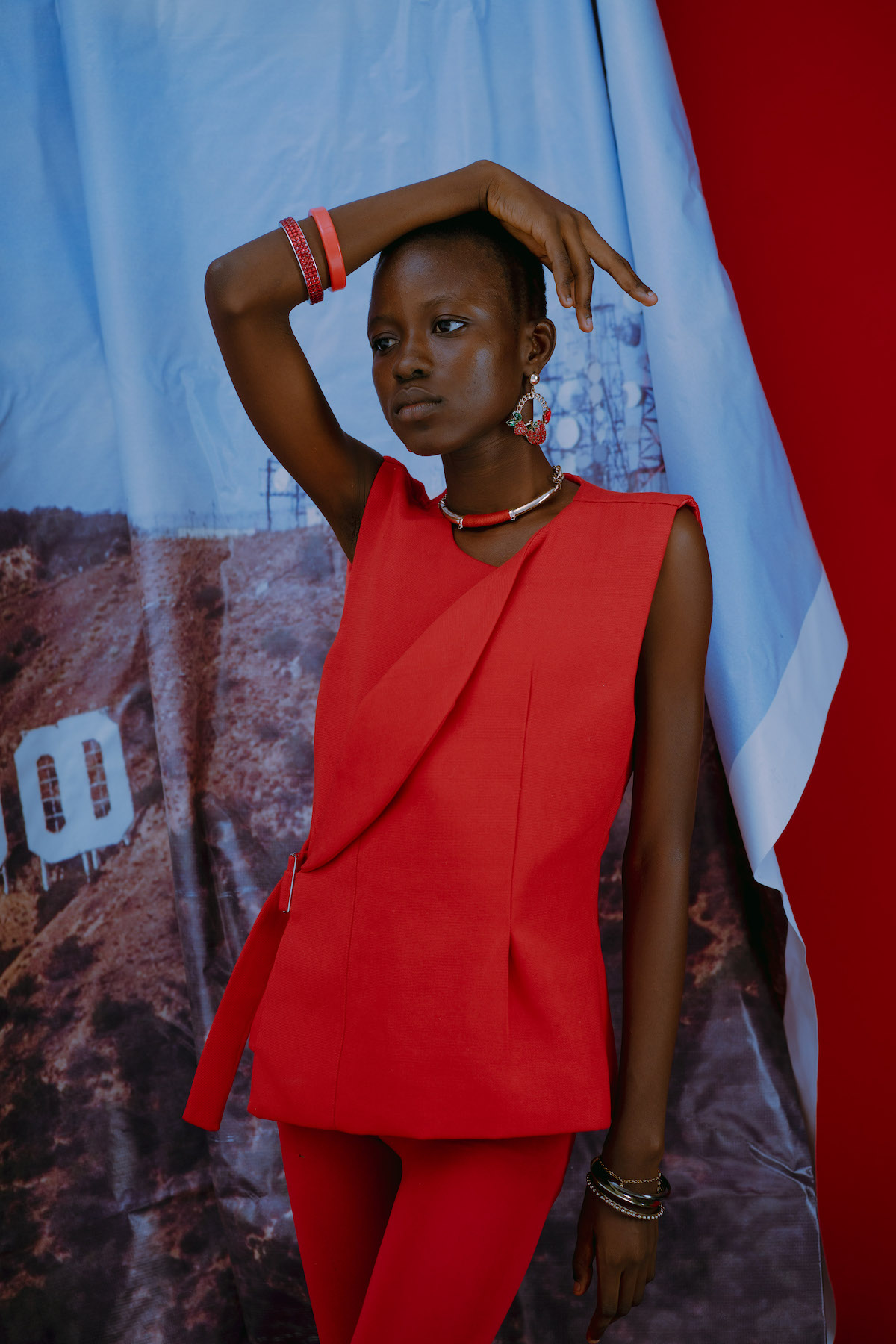
Do you take different elements of inspiration from each country? Is it like cuts and silhouettes from one culture and fabrics from another? Or is it a mix?
It's definitely a mix, but I'll look at how my ancestors dressed in Ghana to funerals or weddings, things of that nature. The material was always so heavy, and I was always interested in that material, which is Kente. So that's what I use in my brand right now. When it comes to the design aspect, I'm really inspired by the materials from Ghana, West Africa. When it comes to styling, I say I take a little bit of both. So the way we dress in Ghana, whether it's like years ago, even now, I take that inspiration. But how I grew up, how I've seen my parents dress in the '80s, '90s, I also pull inspiration from that. I love nostalgia-ism. I'm pulling inspiration from the hip hop era, the millennial era, everything that had some type of effect on my upbringing, I'm pulling style inspiration from that.
I took a lot of inspiration from my parent’s photo albums when they first came to America, even down to the colors and I mixed it with fabric and some styles. So just taking a little bit of everything and just mix it up to stir the pot. And then as far as the storytelling is concerned, I would say that kind of jumps back and forth and then I just try to find the means of meeting in the middle and pulling a little bit from both worlds.
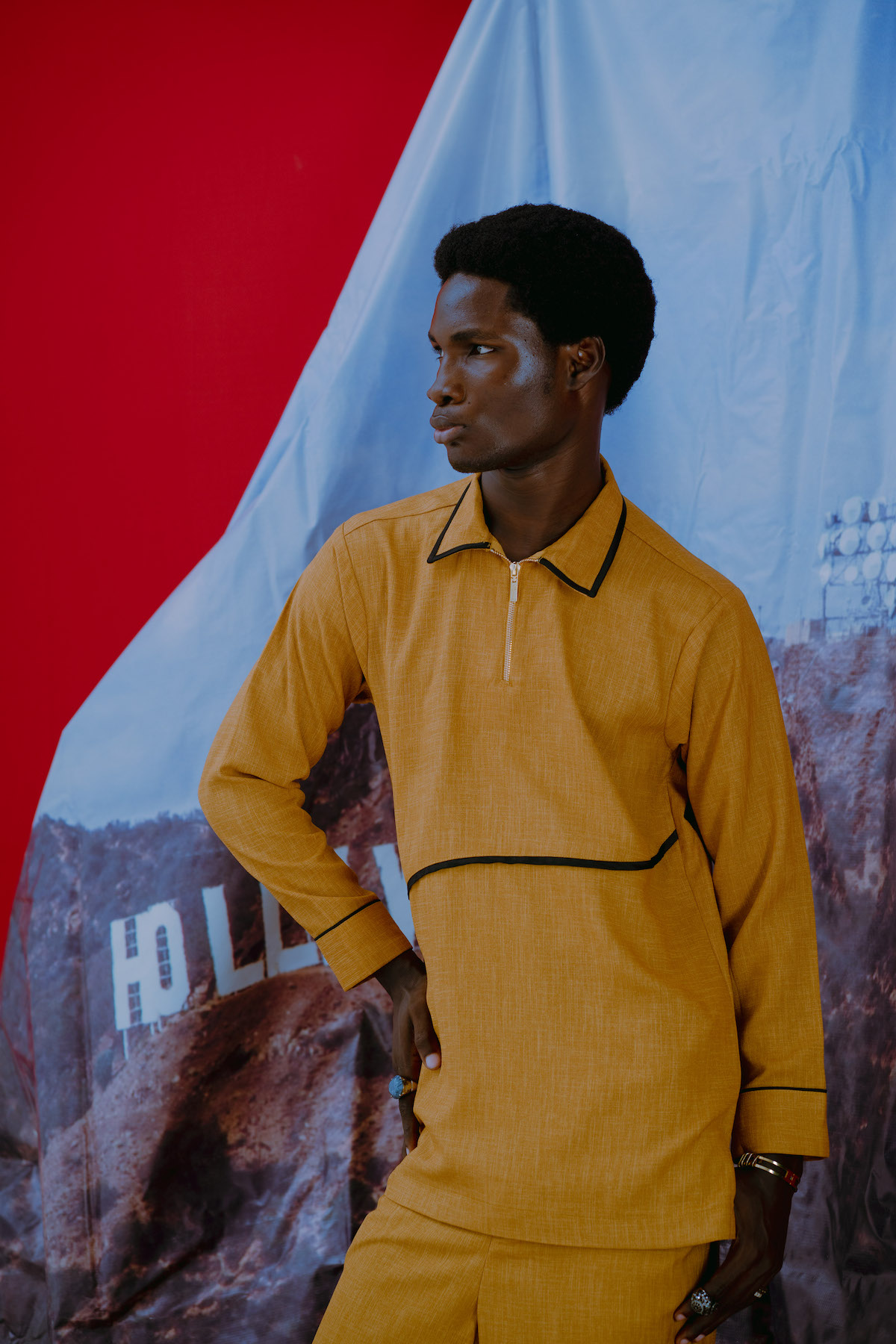
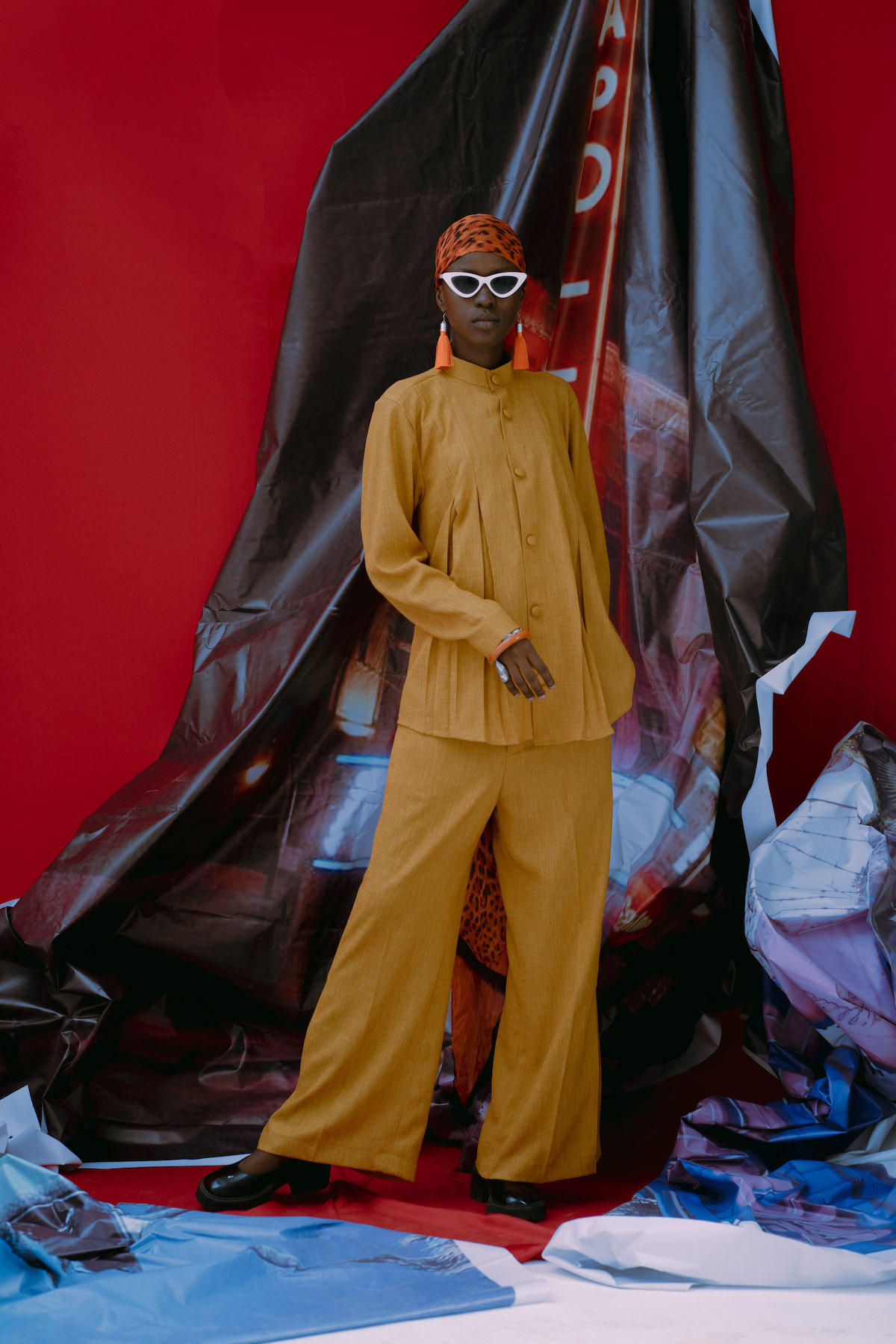
How important is it to you having your clothes made in Ghana and to continue having them made in Ghana?
It's very important because if you walk through a store right now, you don't see a lot of clothes that have a “made in Africa” or “made in Ghana” tag. I've never came across a clothing line in The States that had a “made in Ghana tag”. So for me it is very important because that is a huge part of the brand within itself. I was born in America, but my bloodline runs through Ghana, West Africa, and we have so much rich, luxury culture, so I felt like it was best to really express that through the labels and it's part of our story. So made in Ghana is super important for me. Absolutely. I feel like if it was made anywhere else, it wouldn't be as authentic.
Can you tell me about the campaign imagery for this collection?
Yeah, Amerikan Dreamin’. That was a fun one. When I went back to Ghana when I was younger, a lot of people had their ideas on what America was like, and they used to call it “the land of milk and honey.” I remember my cousin saying, “I want to go to America, because I heard all the pavements are made with money." Growing up in Lefrak City, Queens, it's definitely far from that. But even watching TV, they still portray that American dream of Hollywood, what life is like in the city, so I wanted to put all of that together and that's how we came up with Amerikan Dreamin’. So, I took inspiration from how people view Western consumerism back from where I am from and the balance between what's realistic and what the fantasy is as far as what an American dream is supposed to be.
